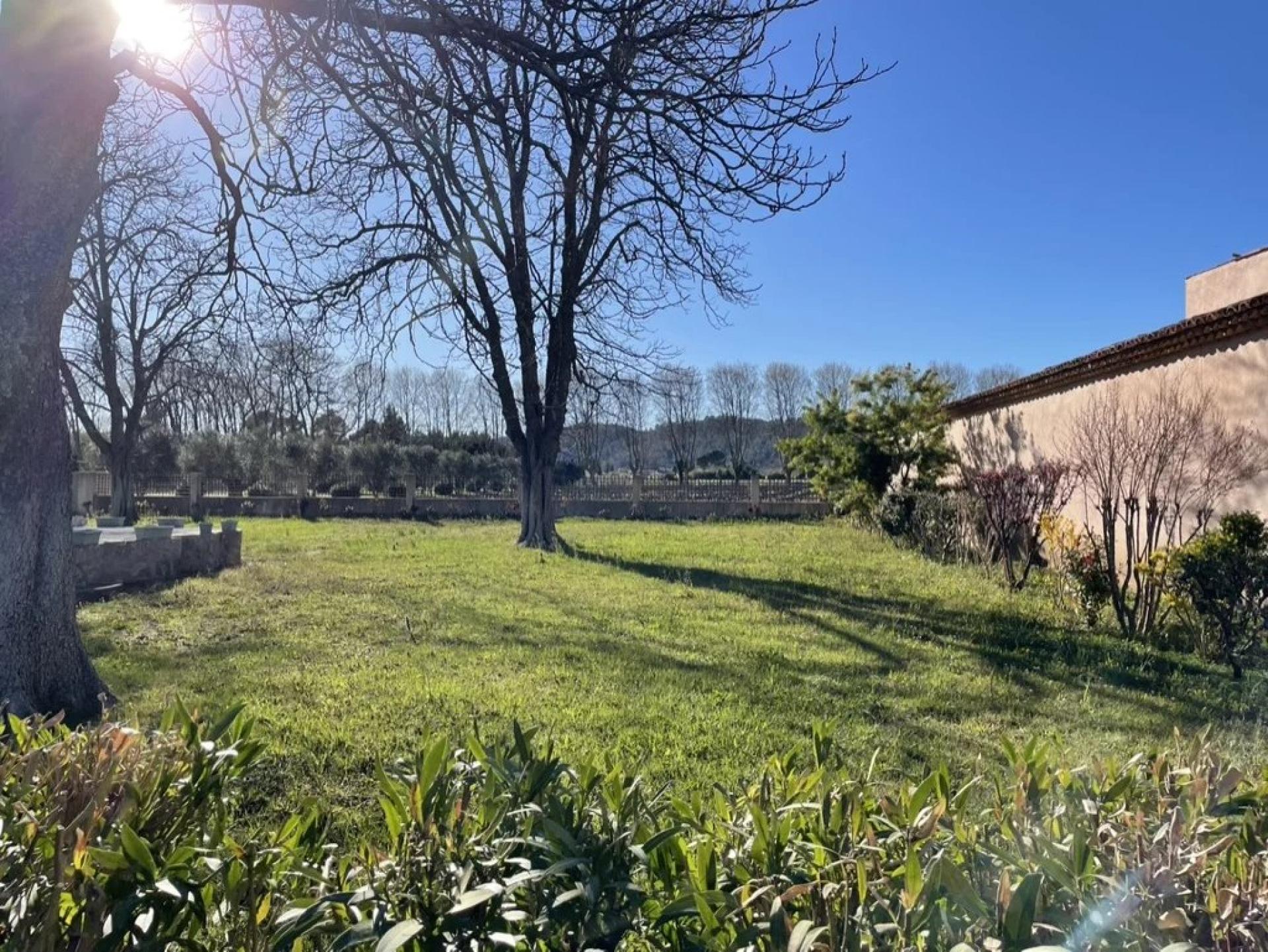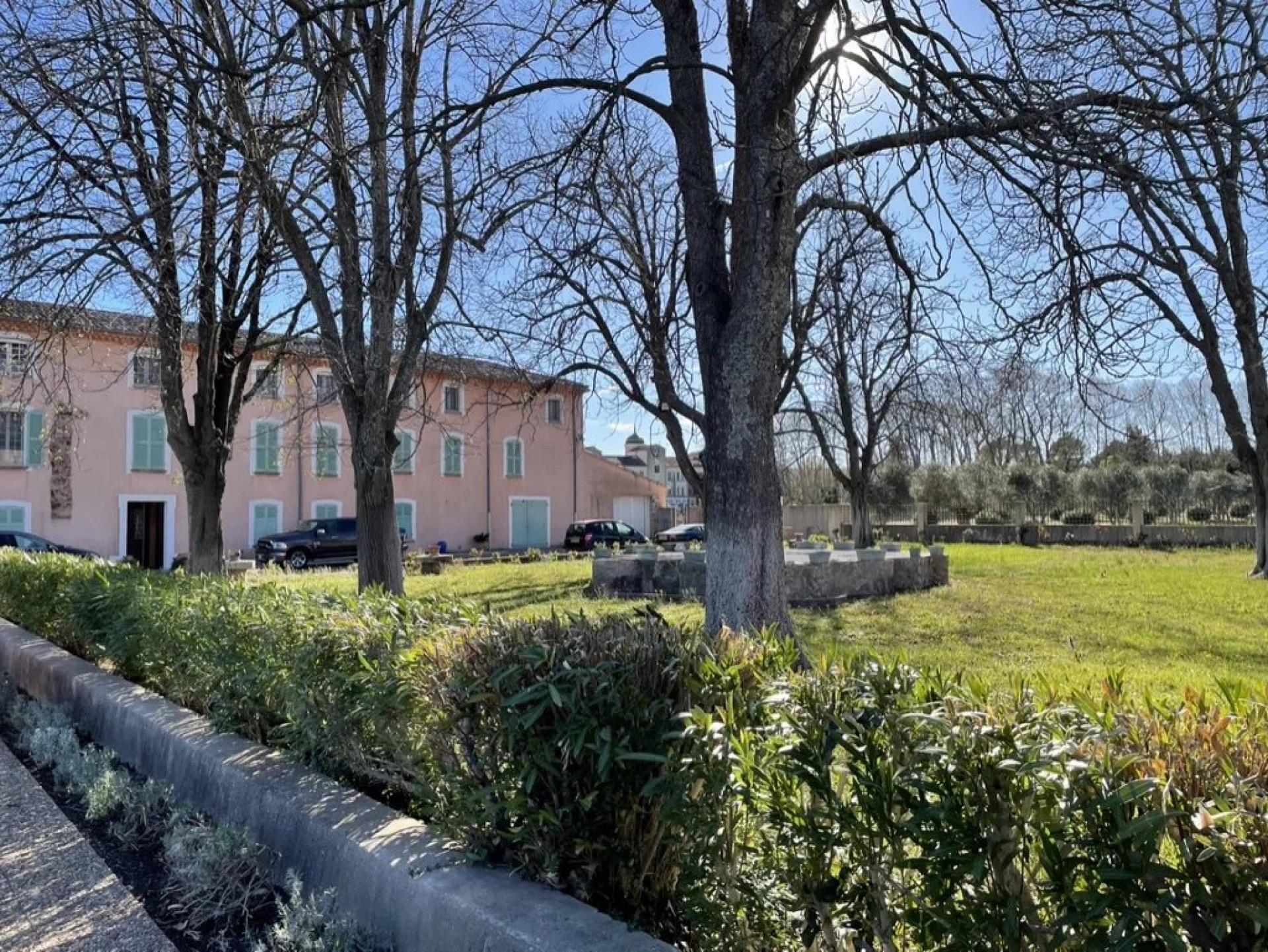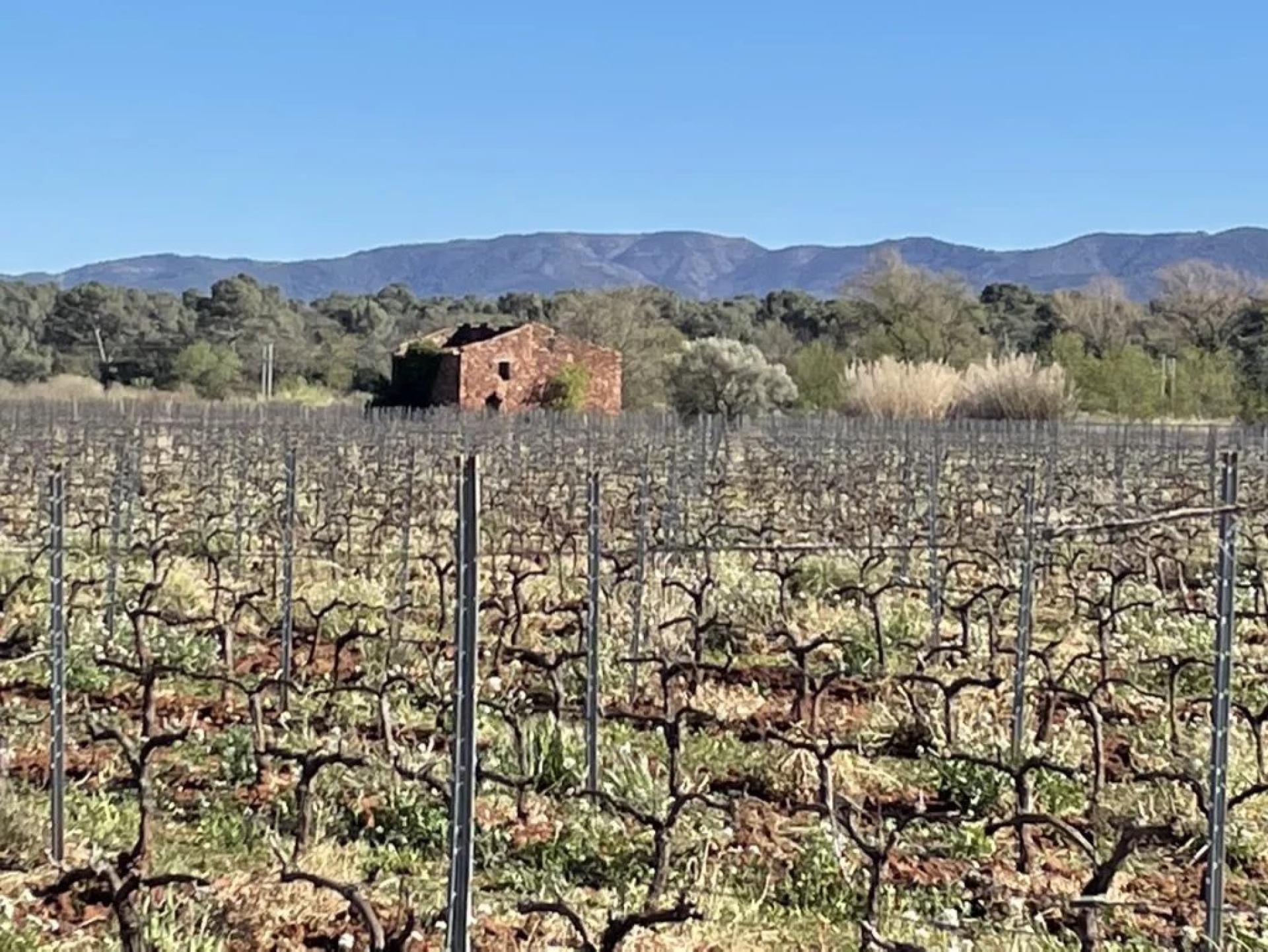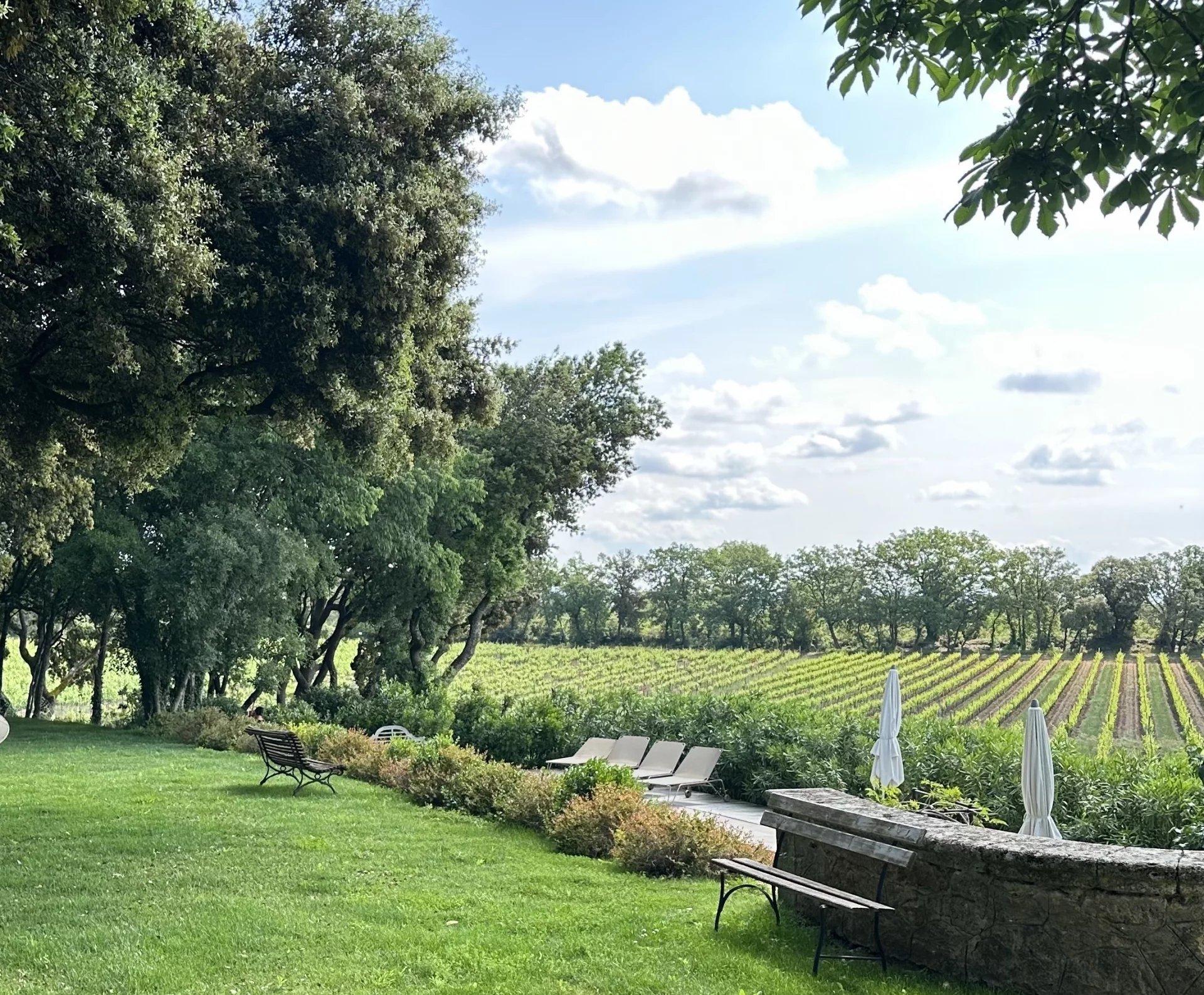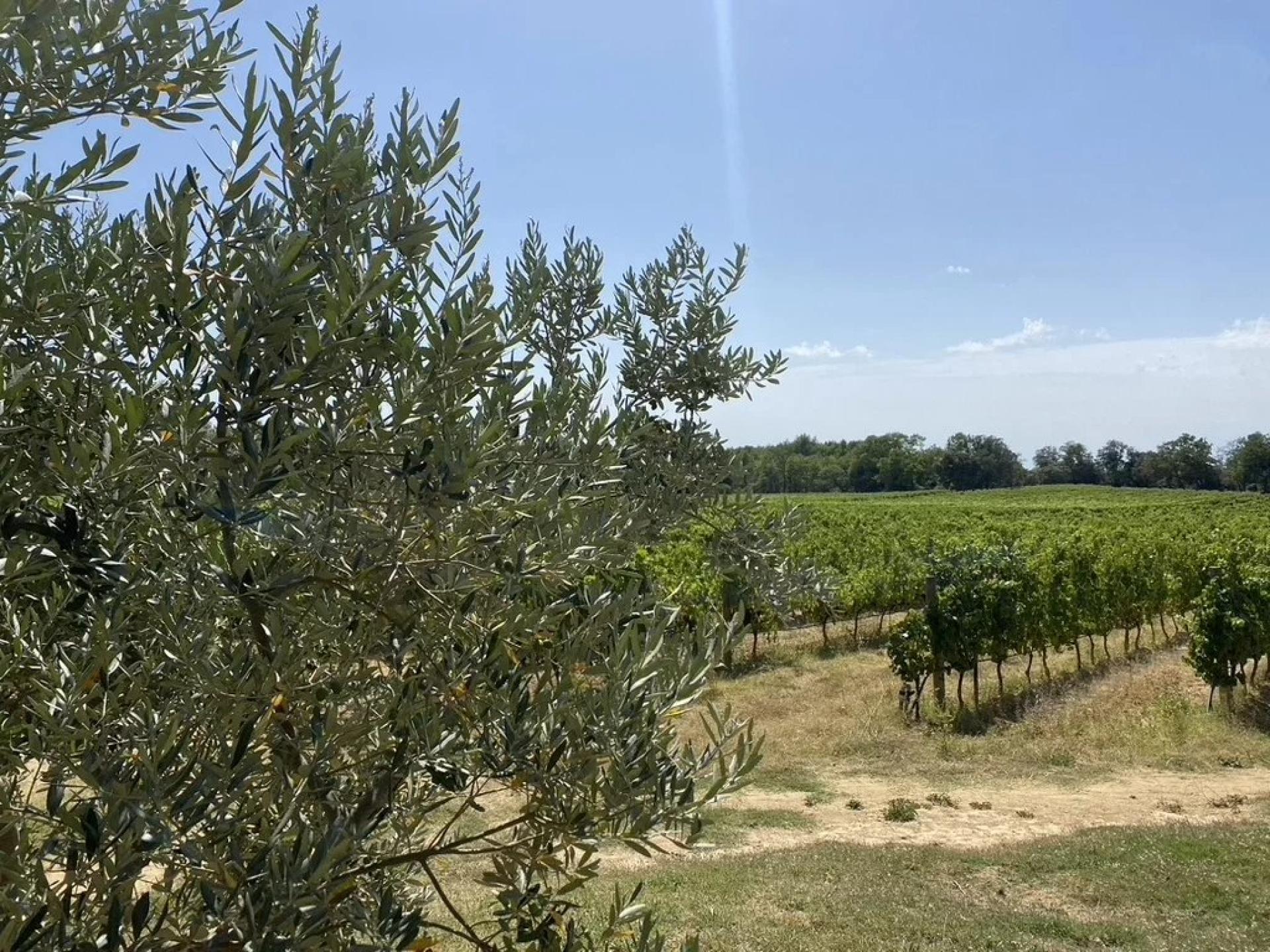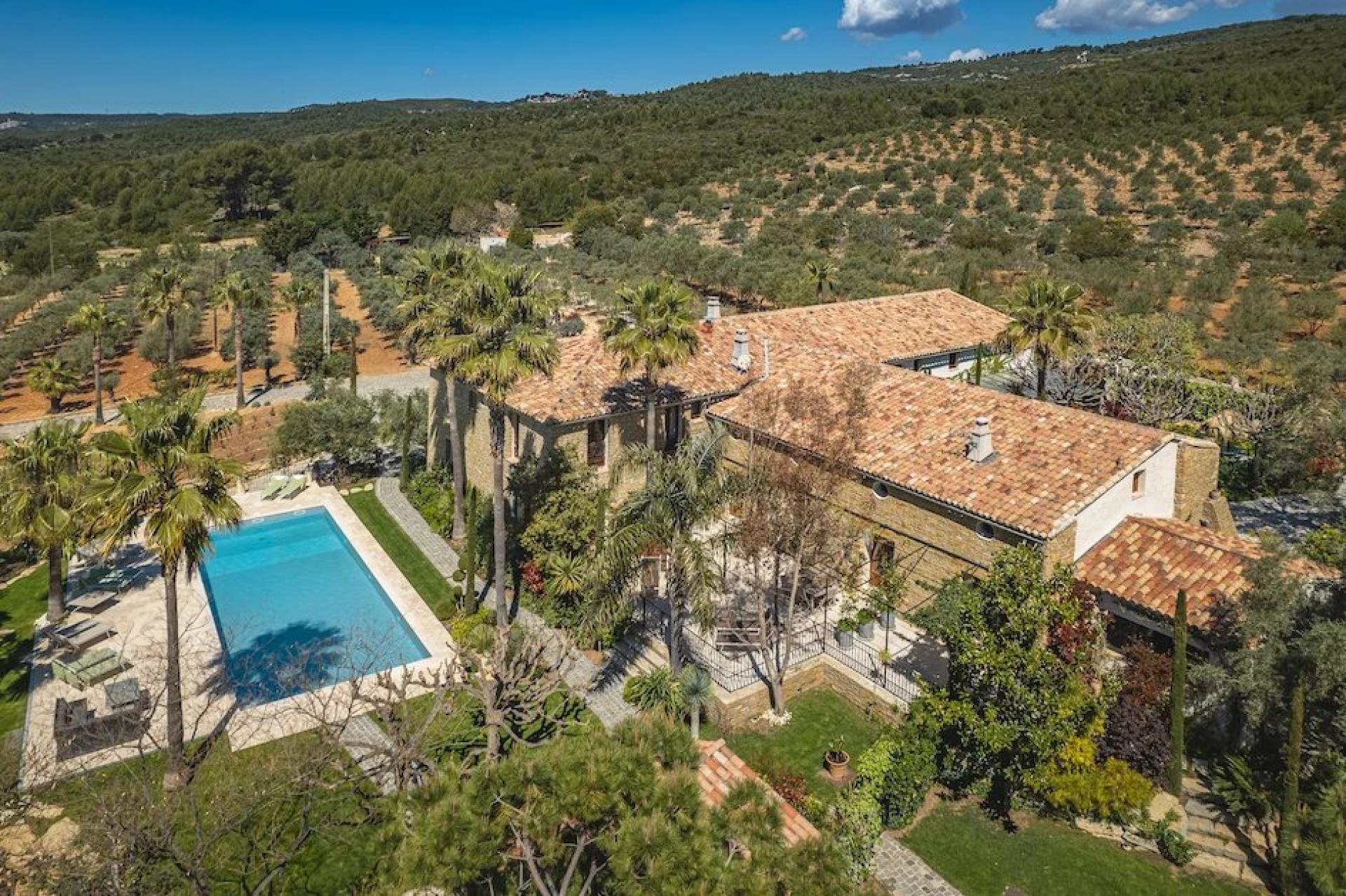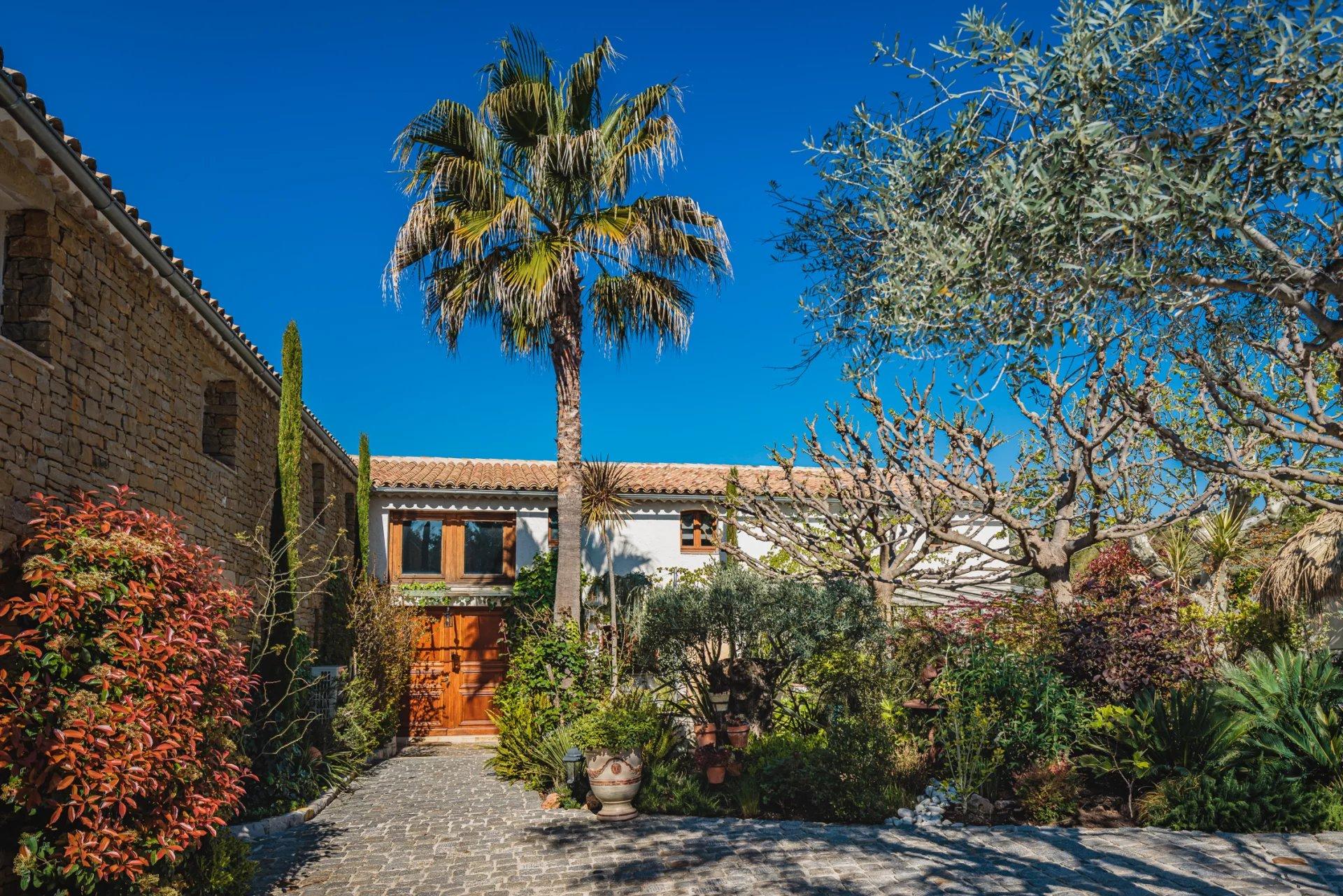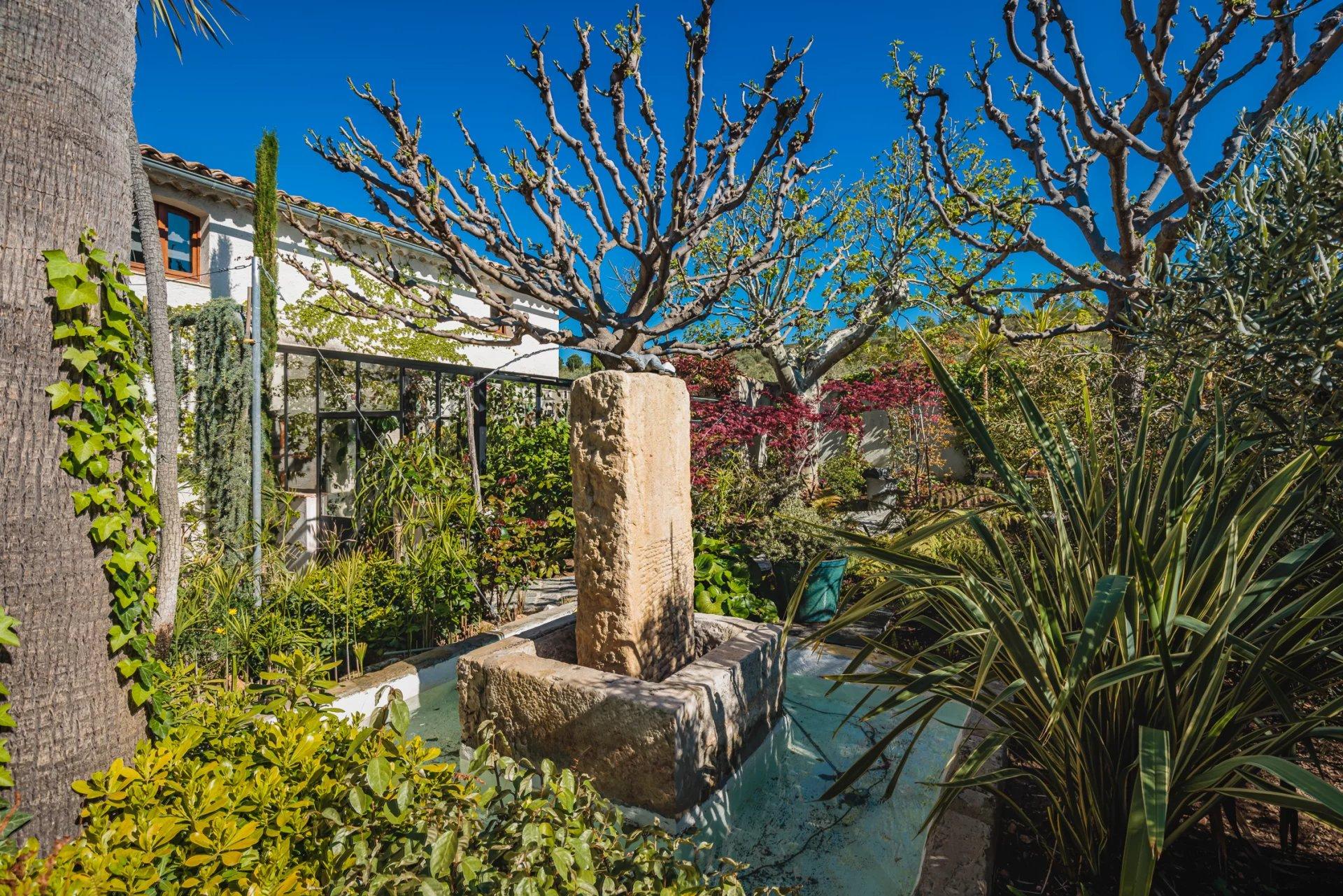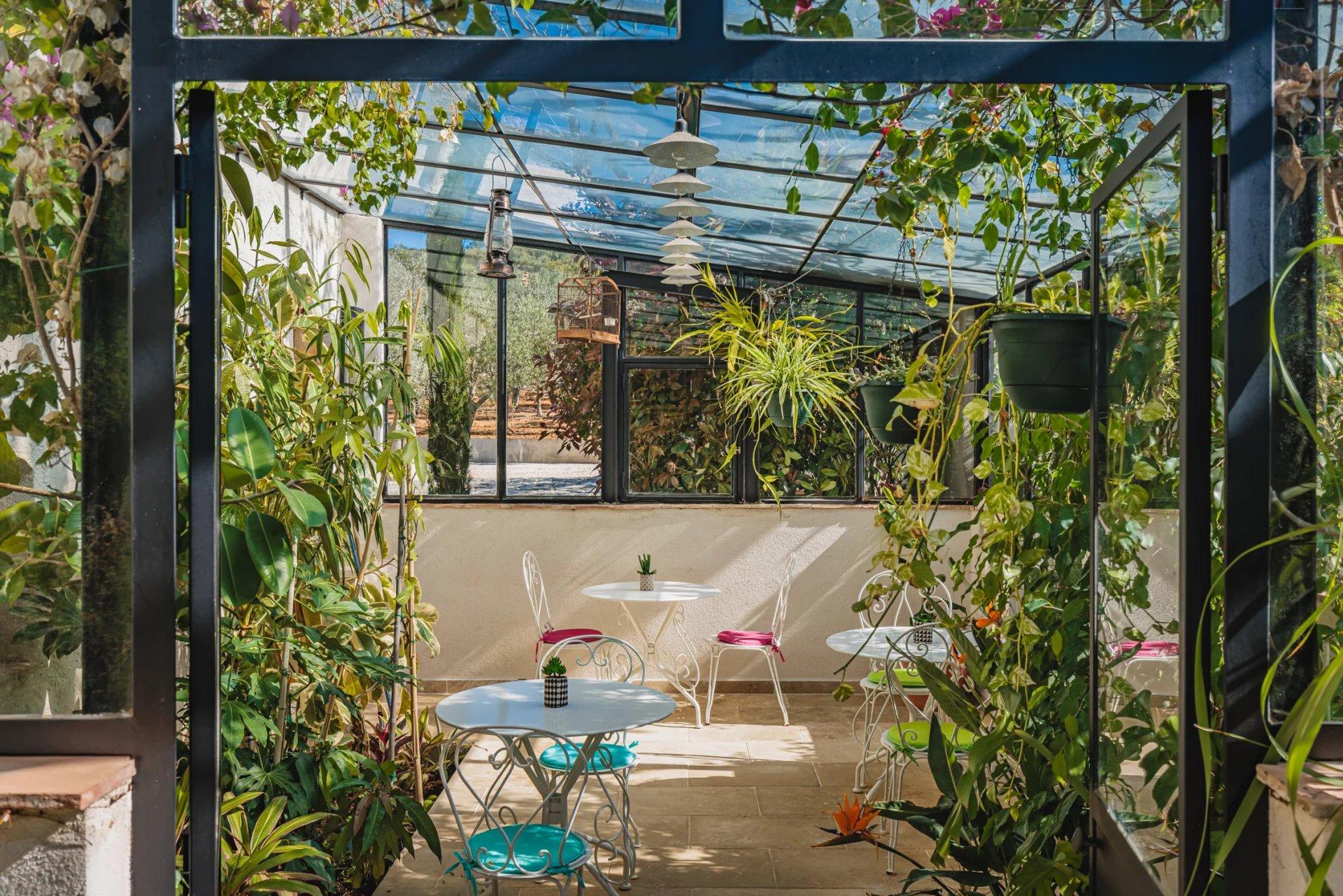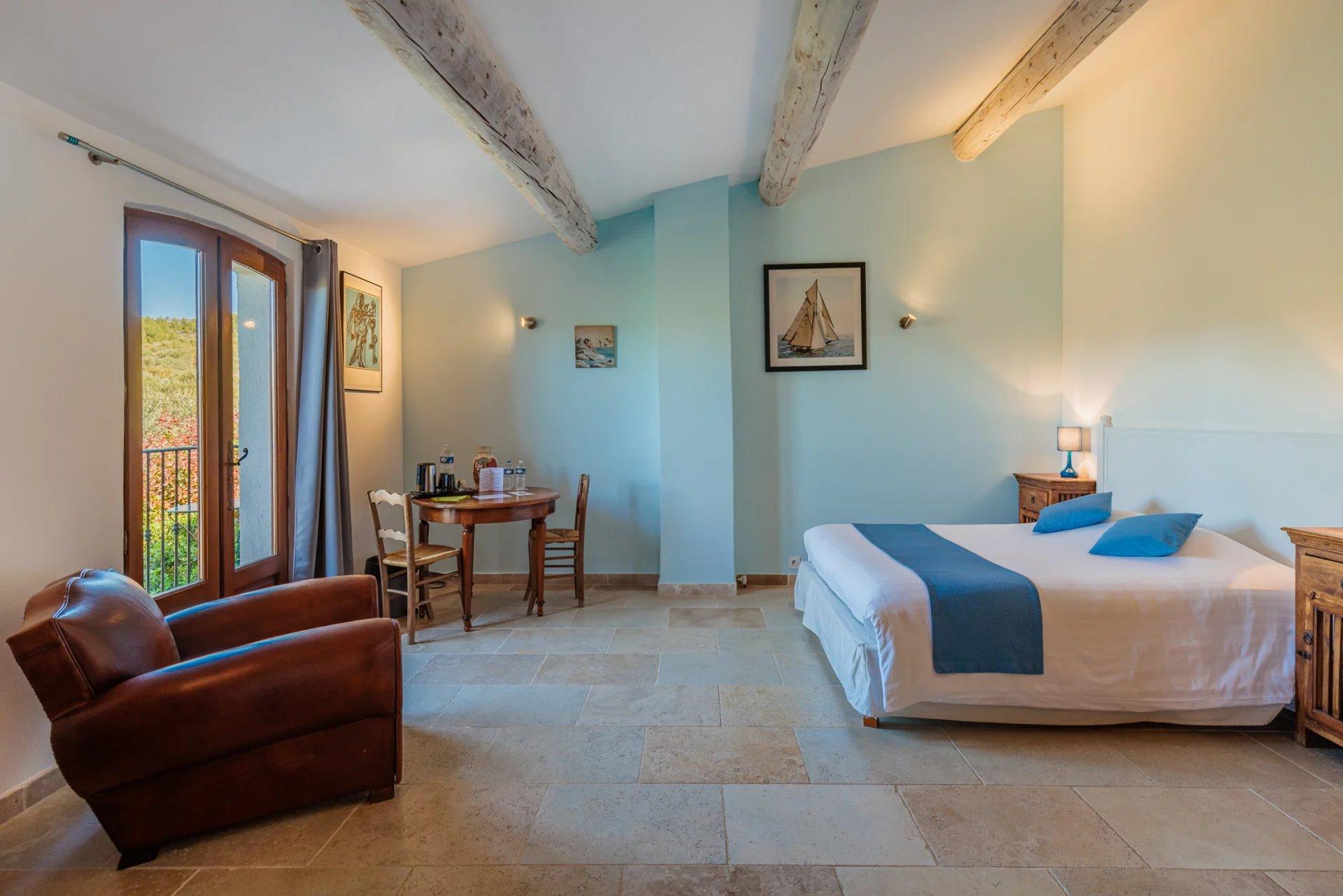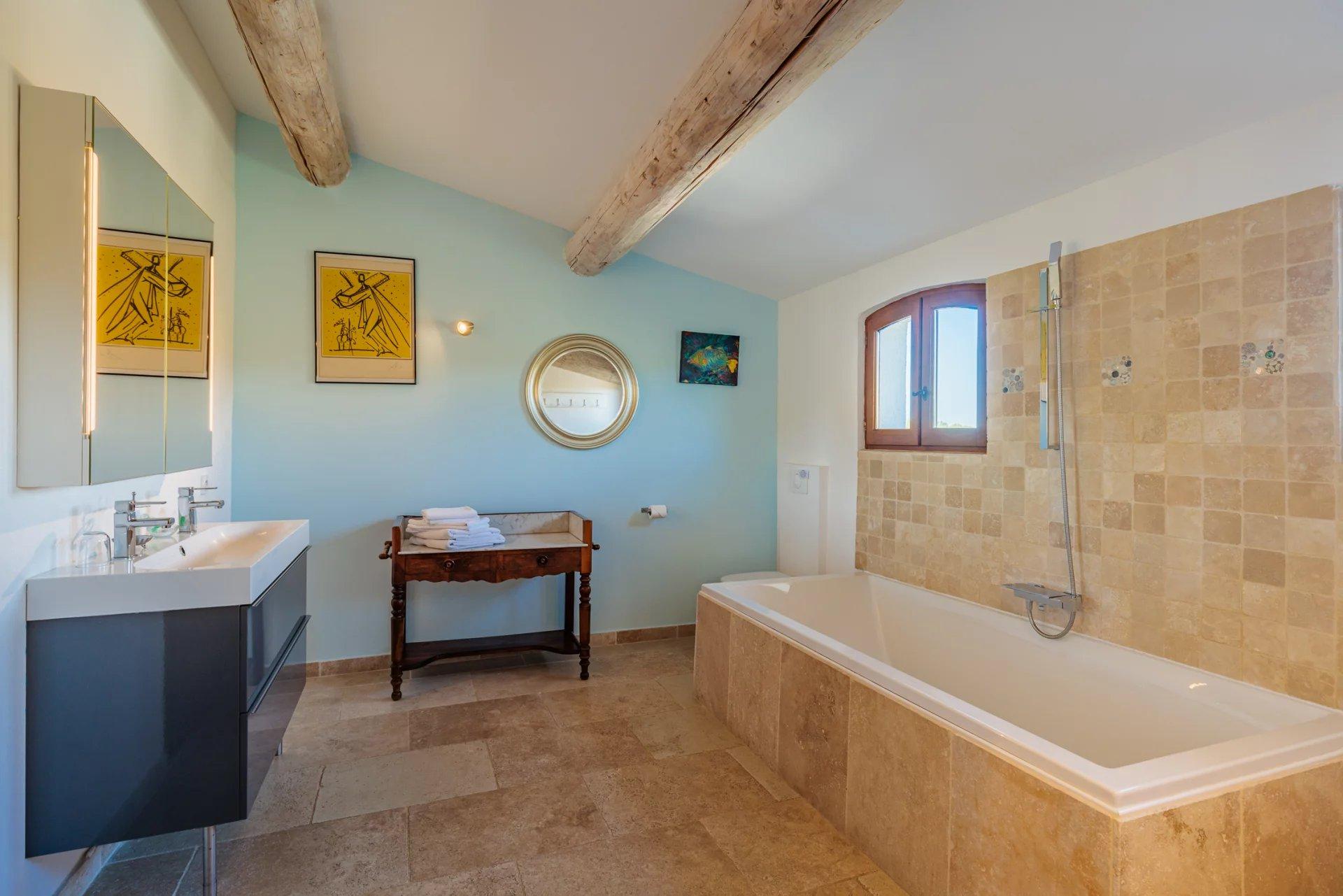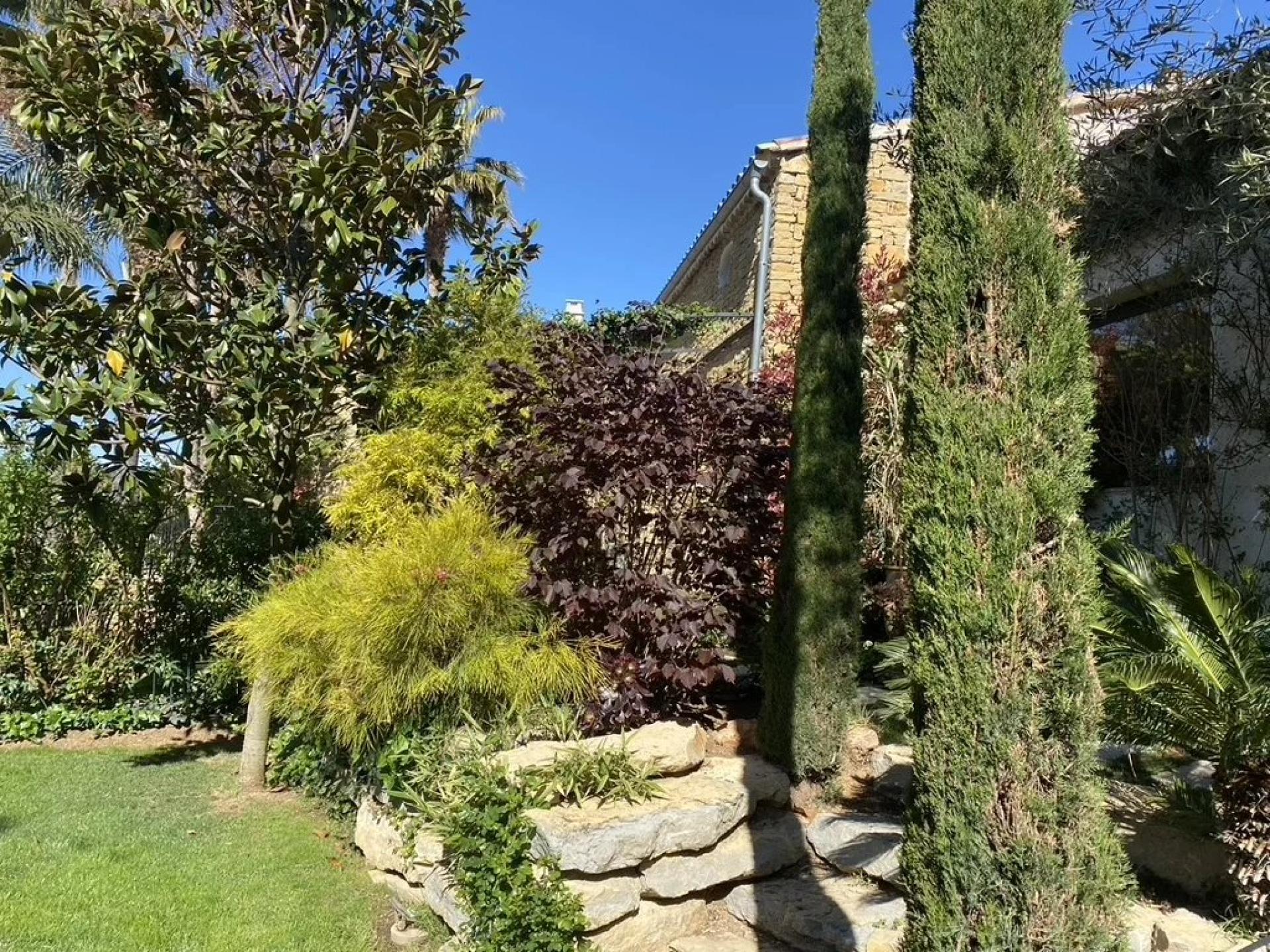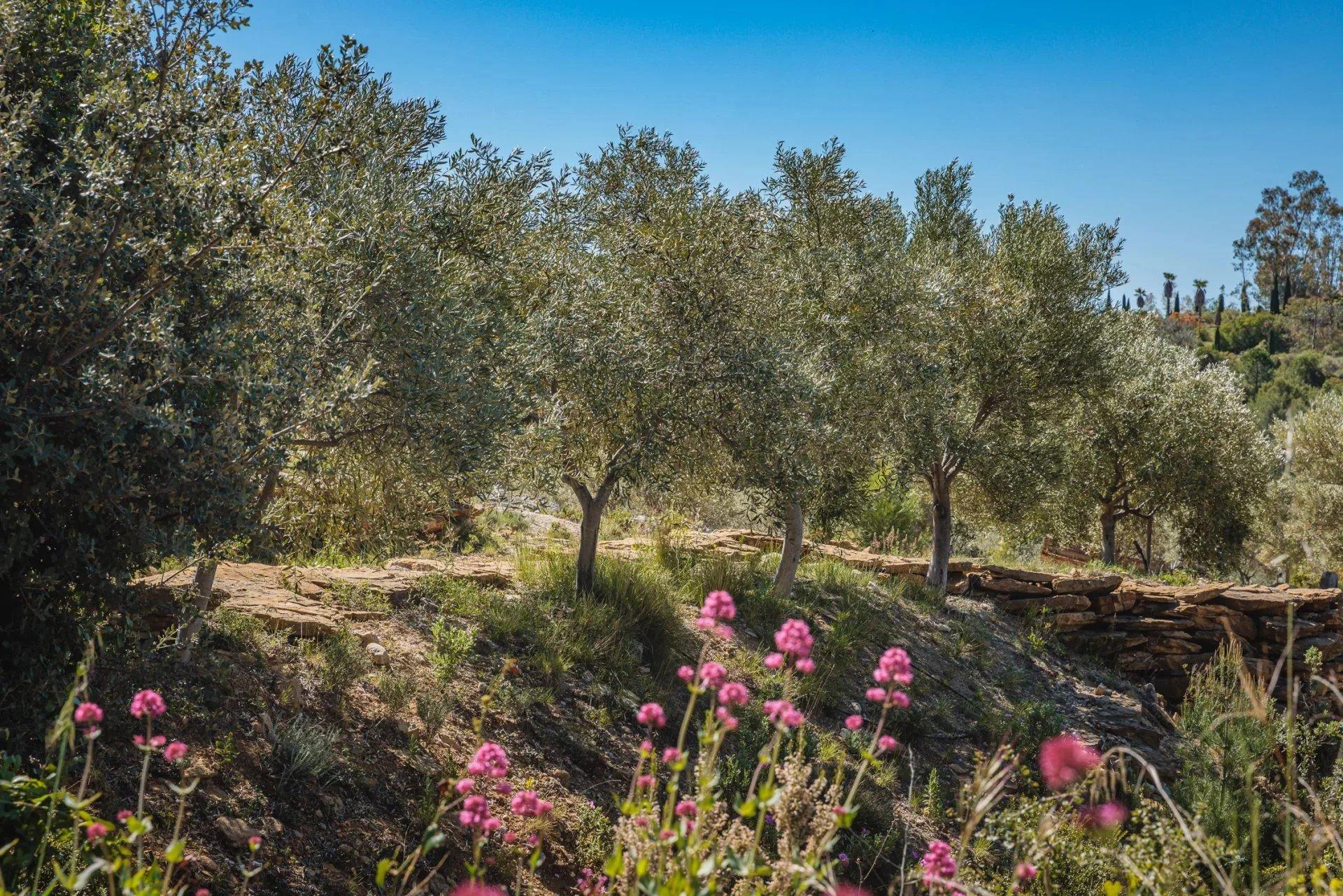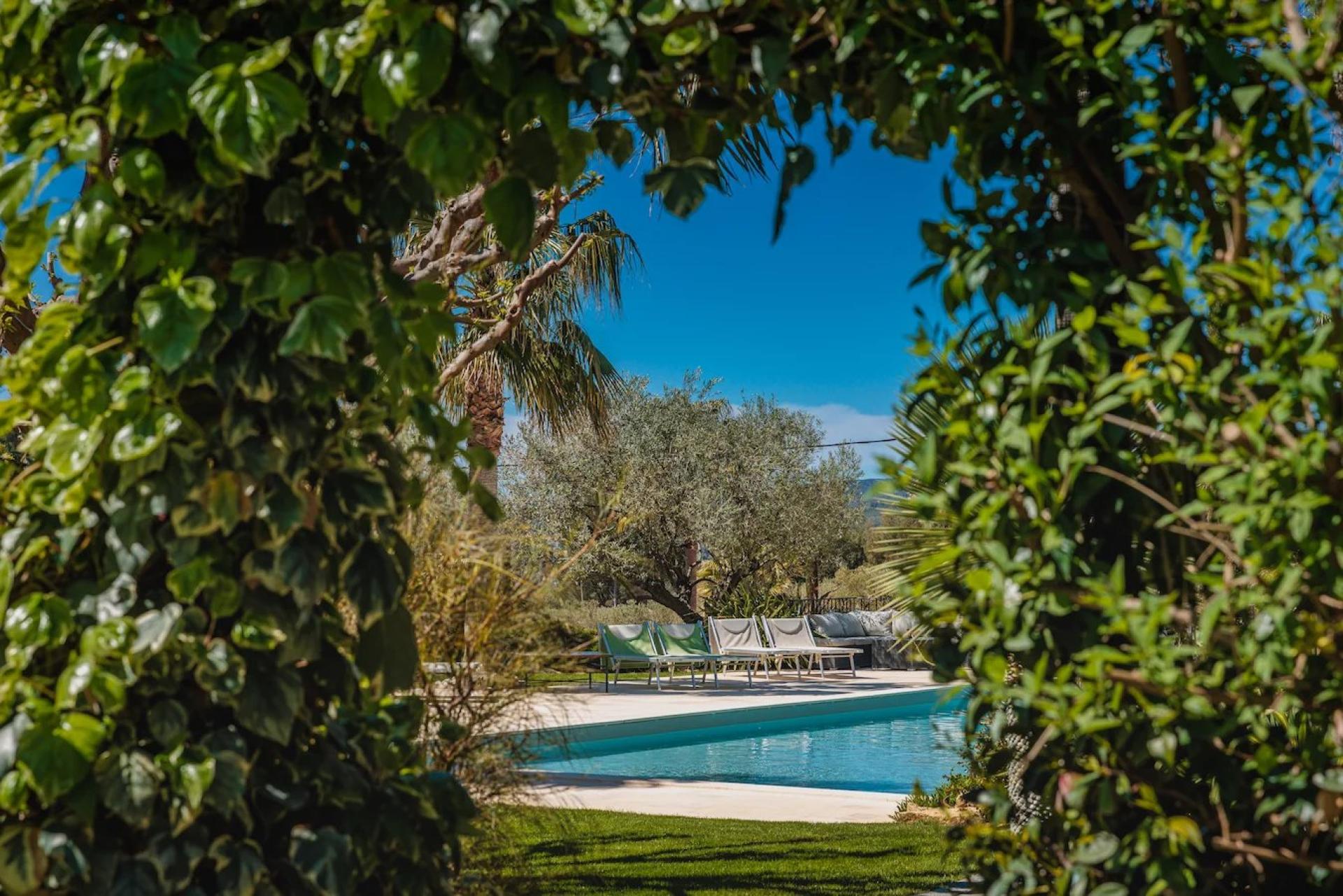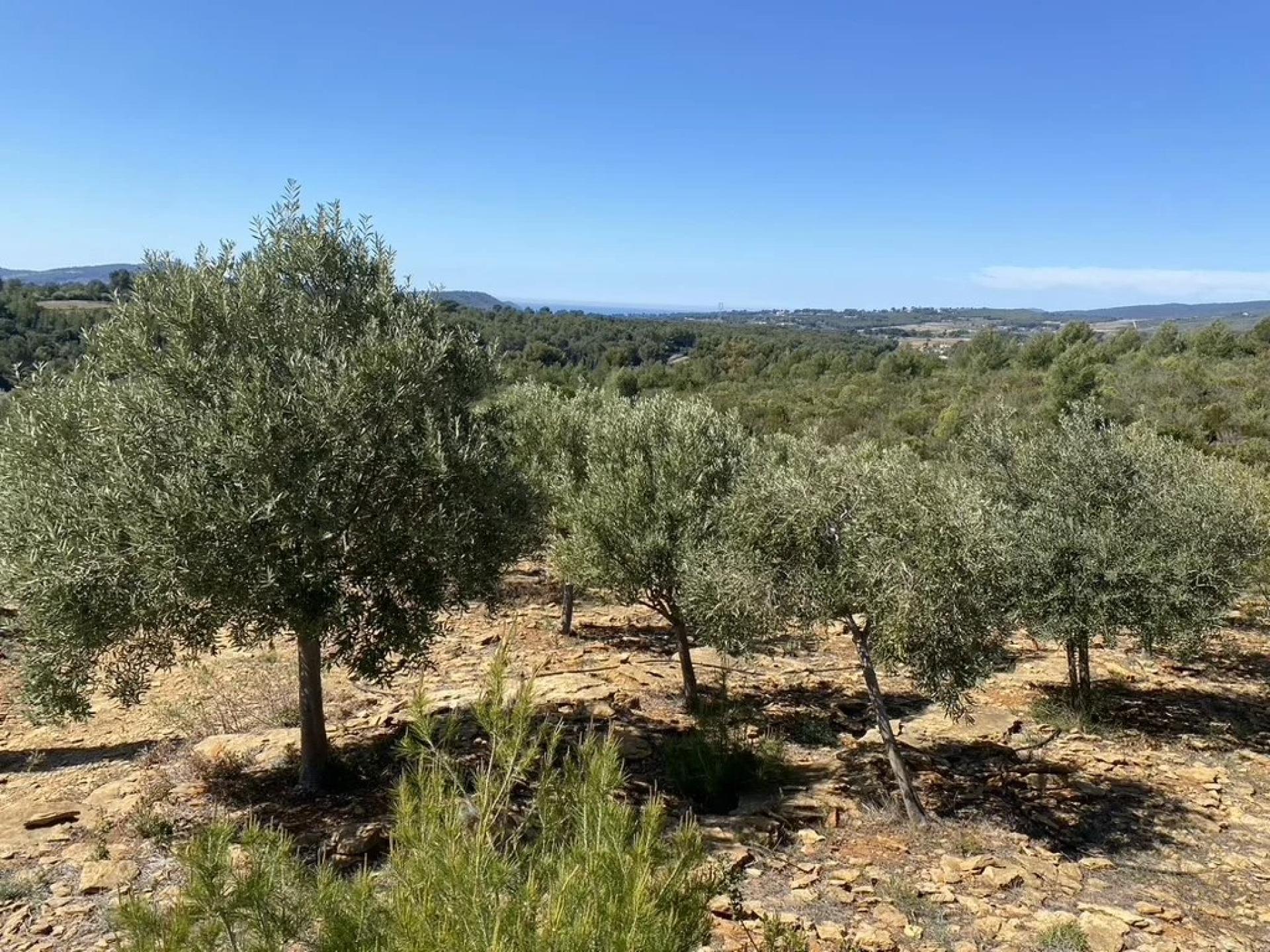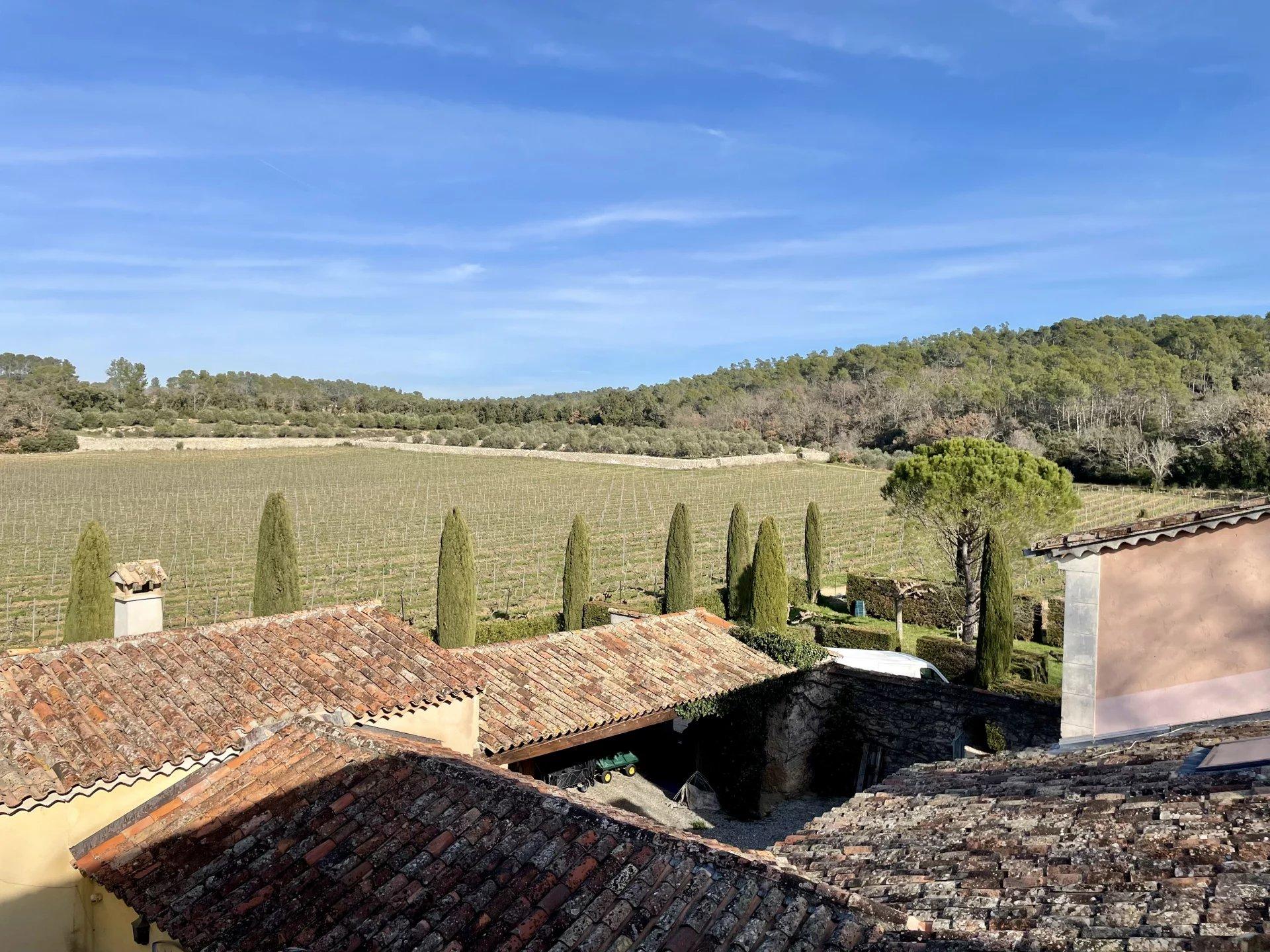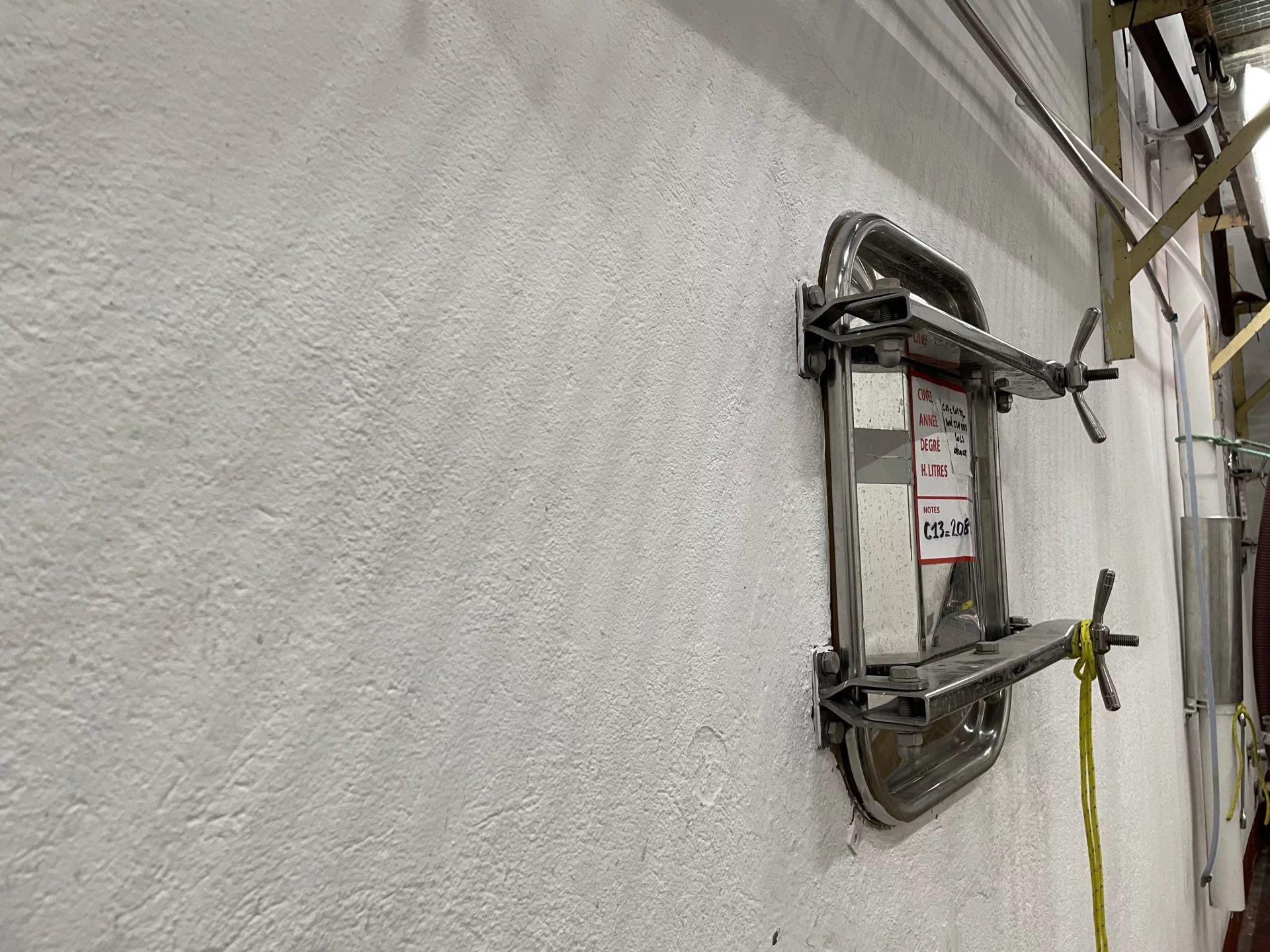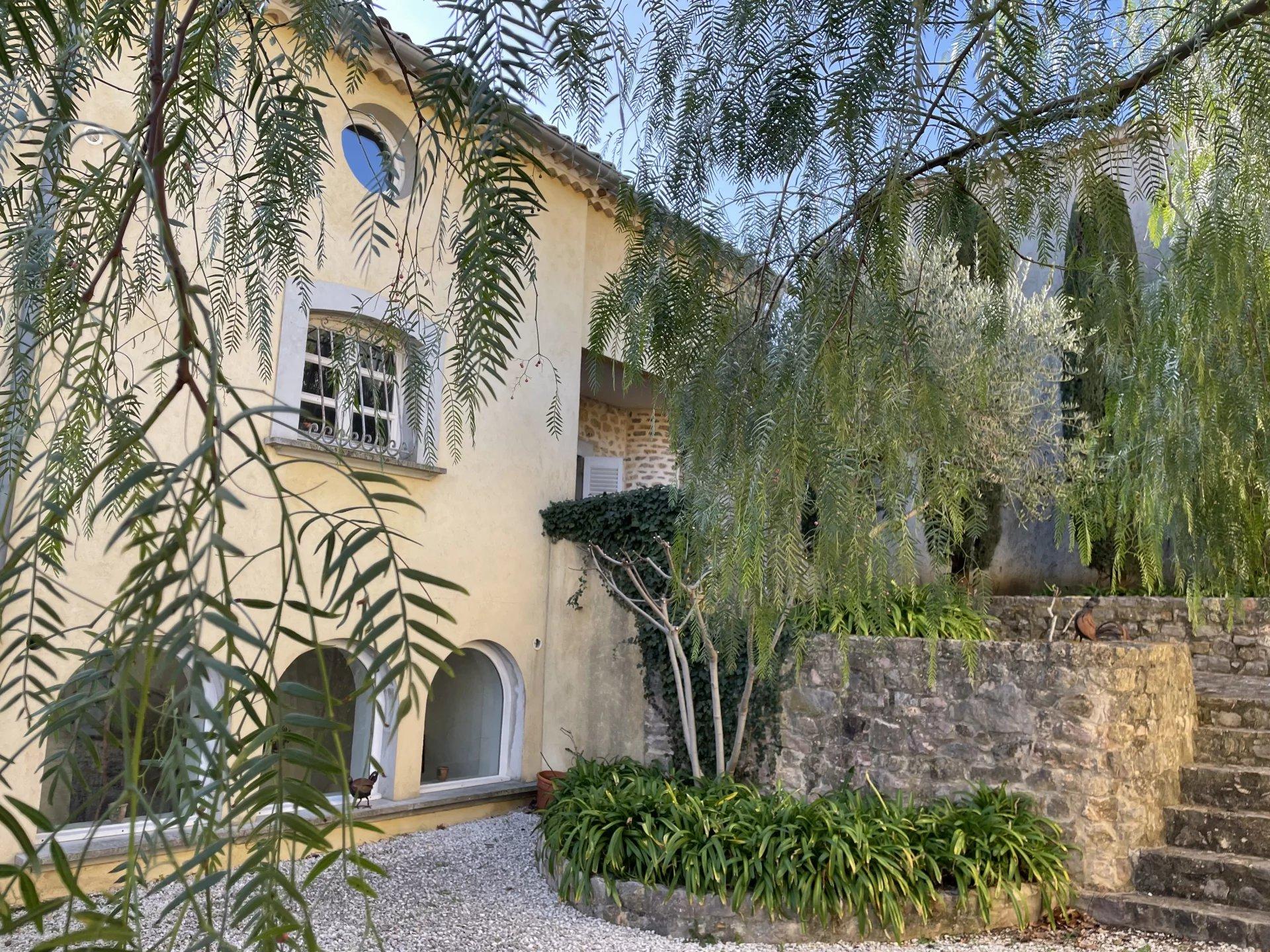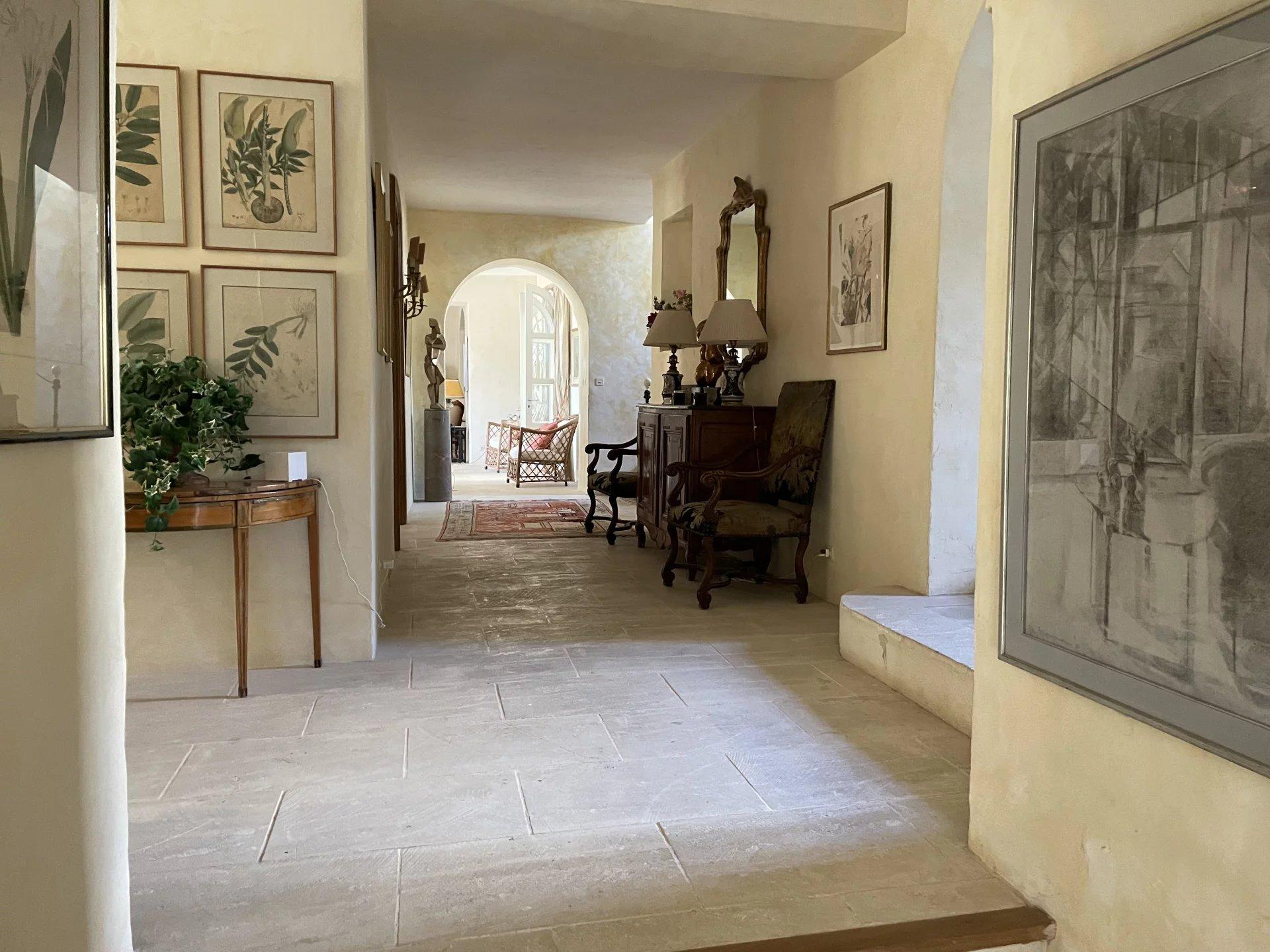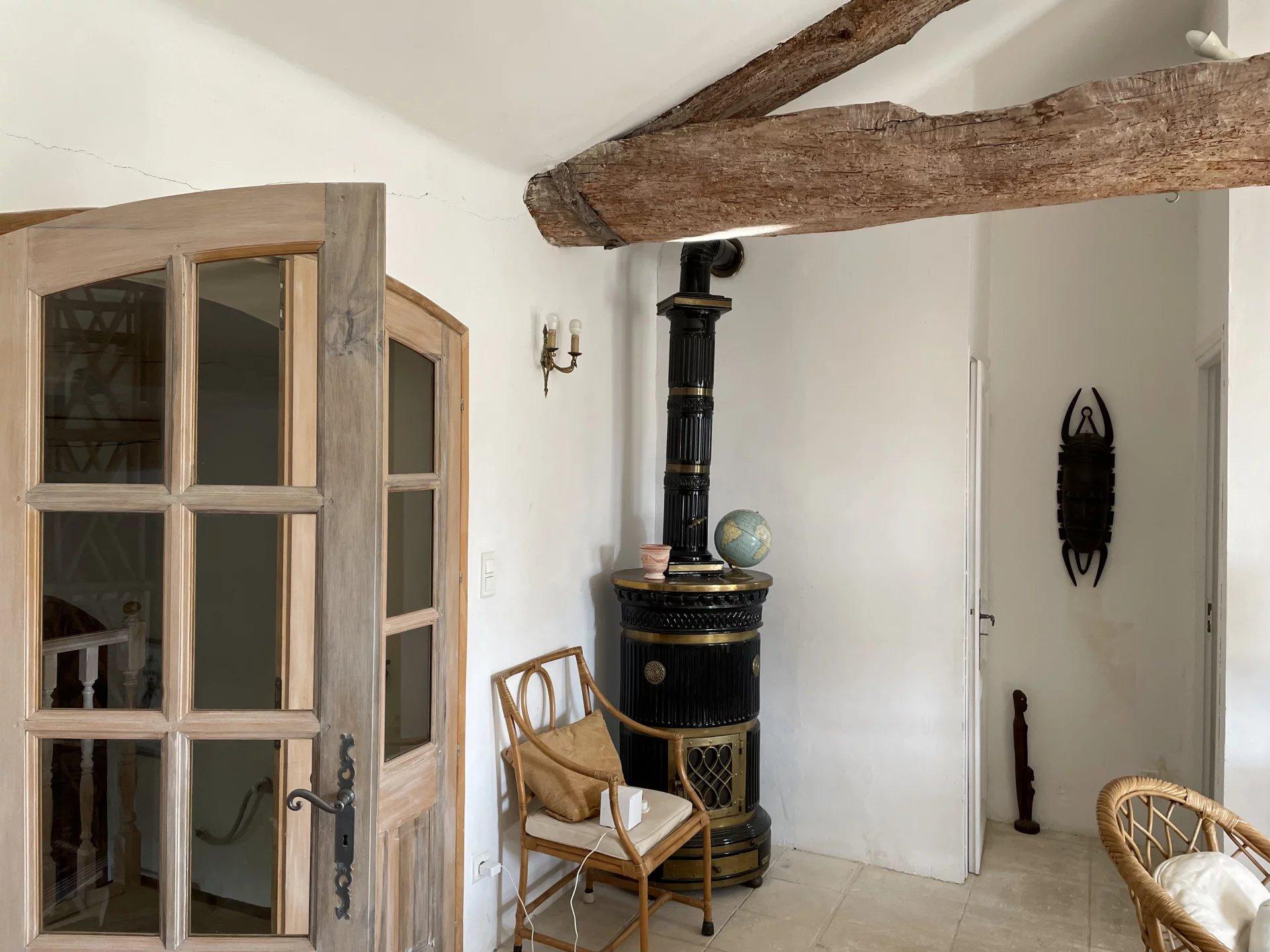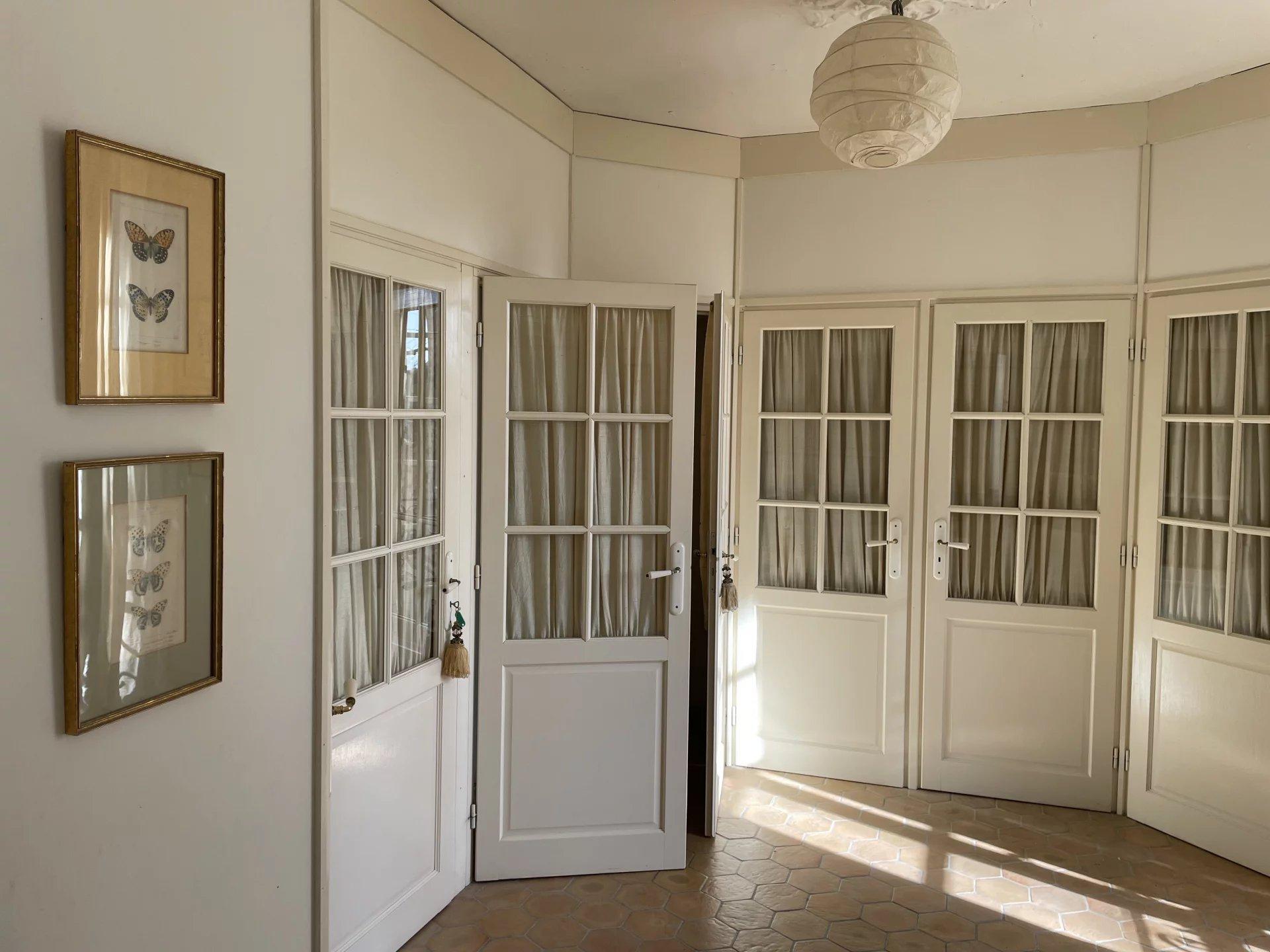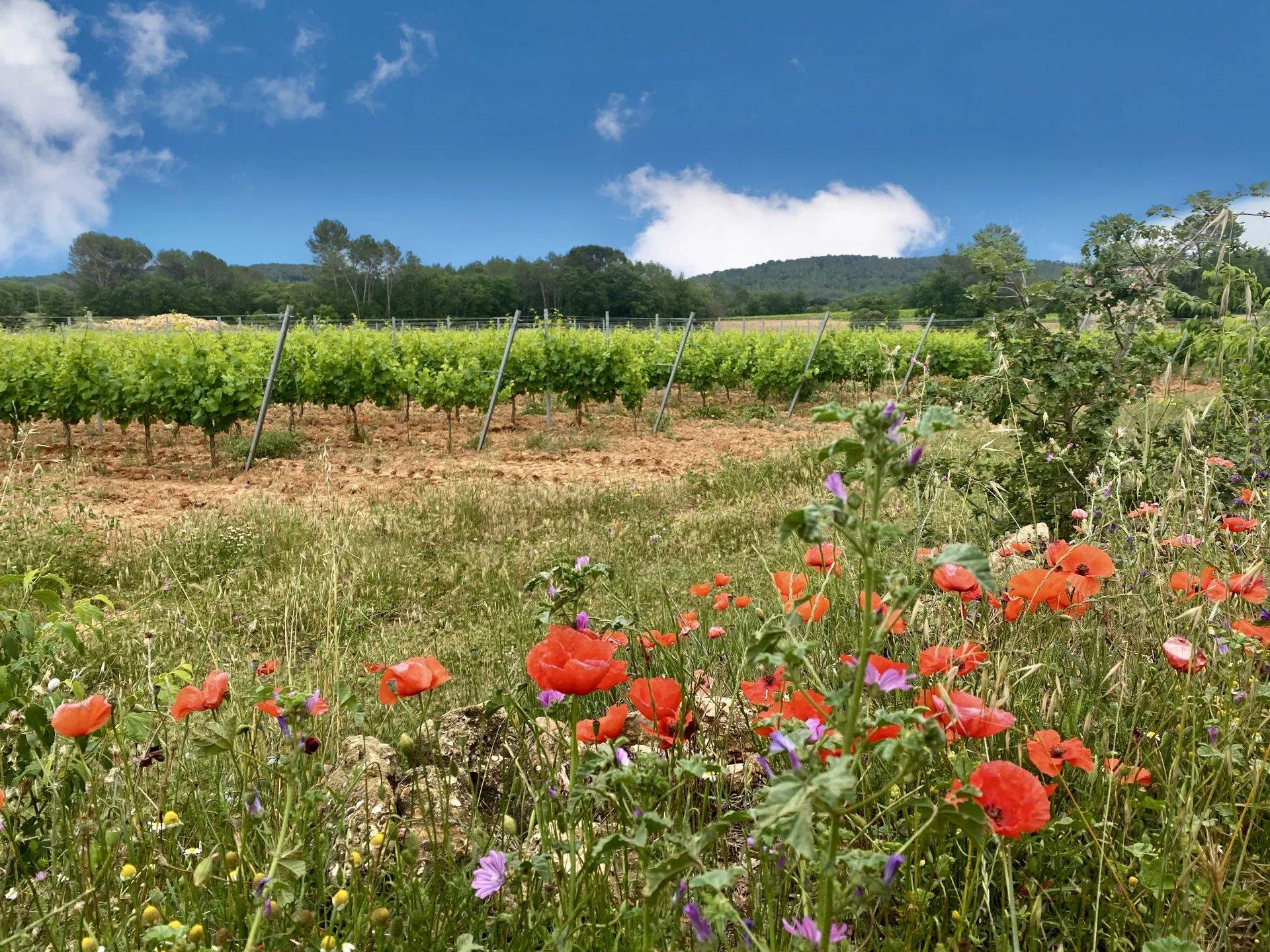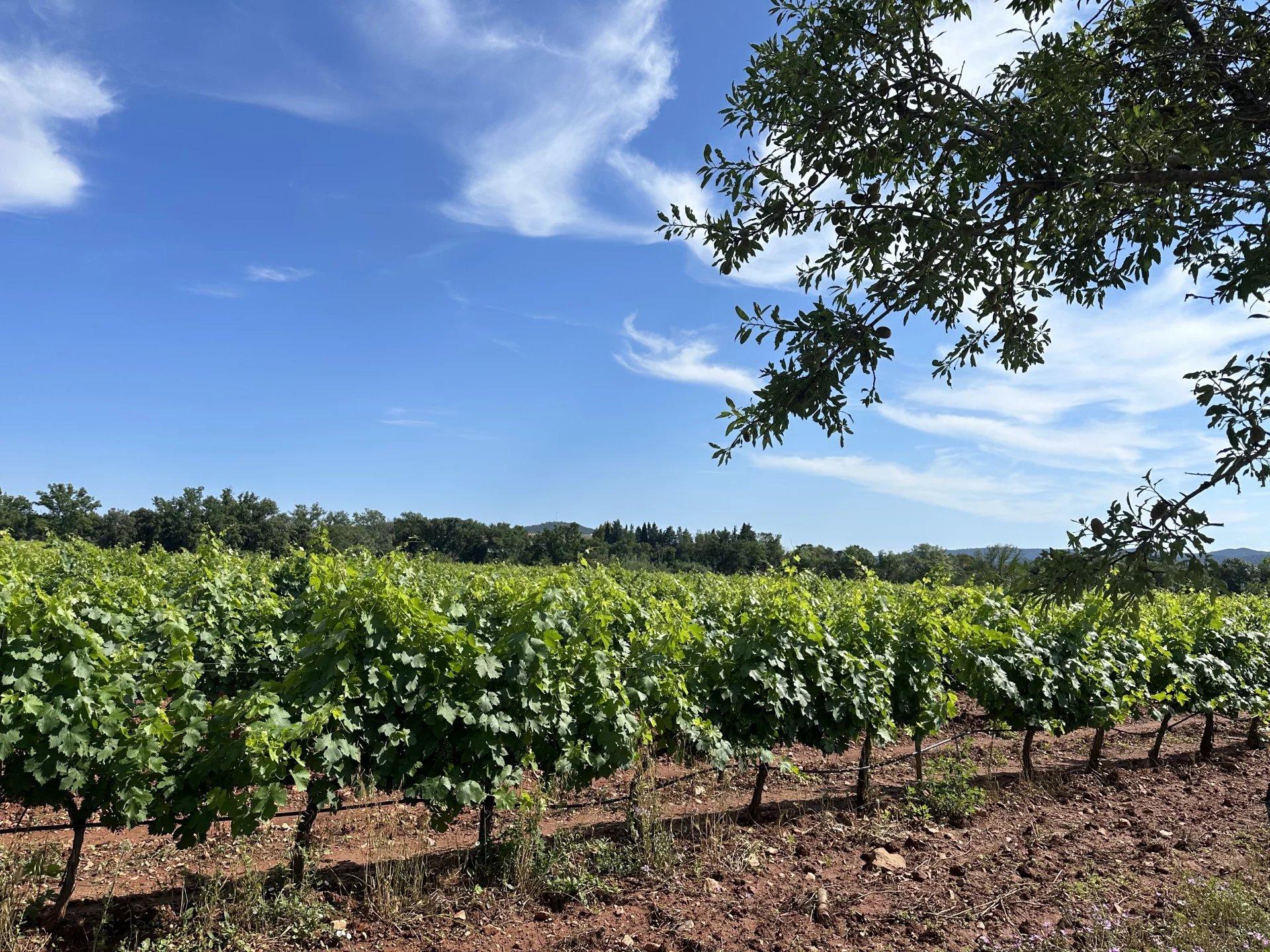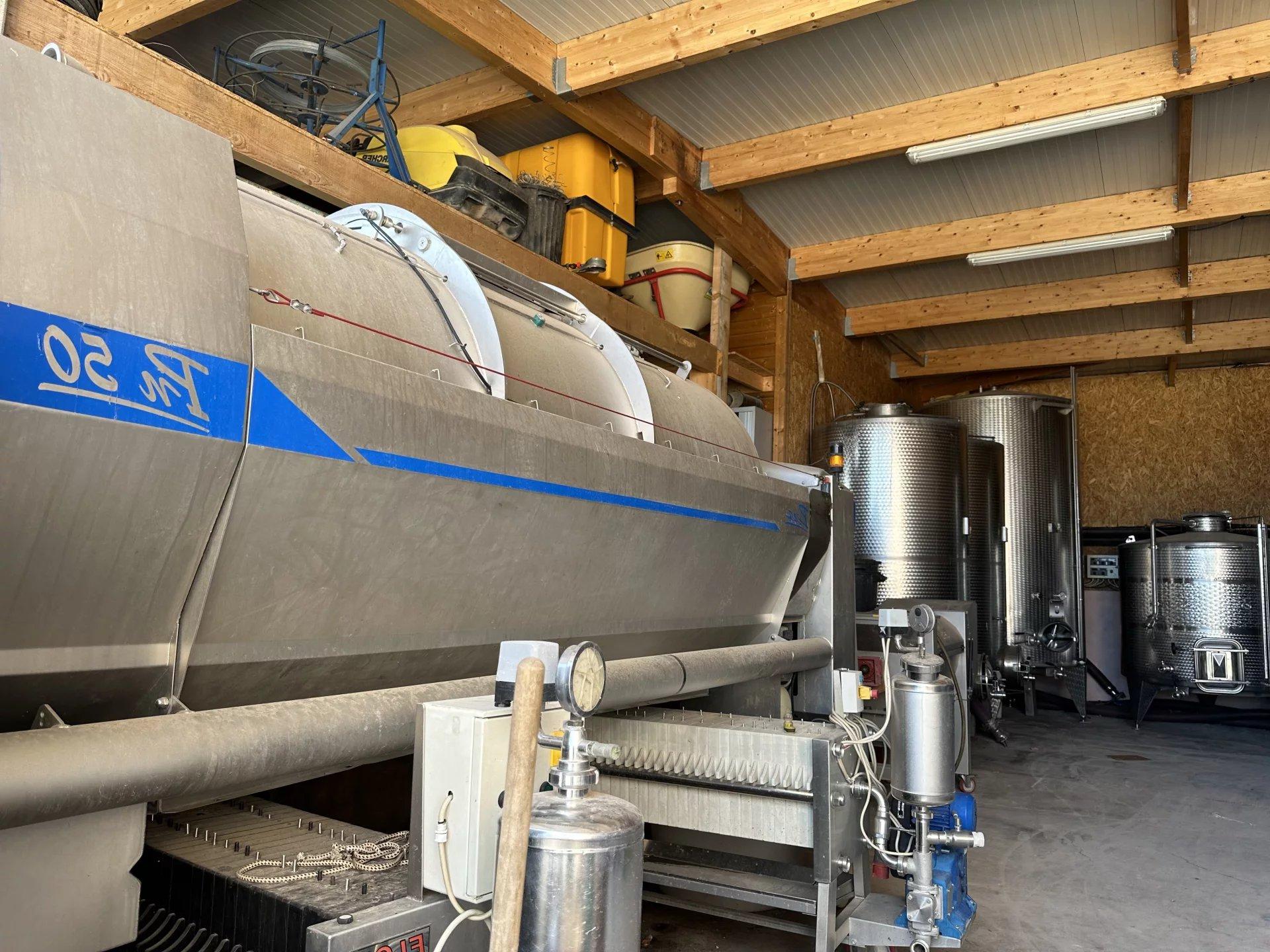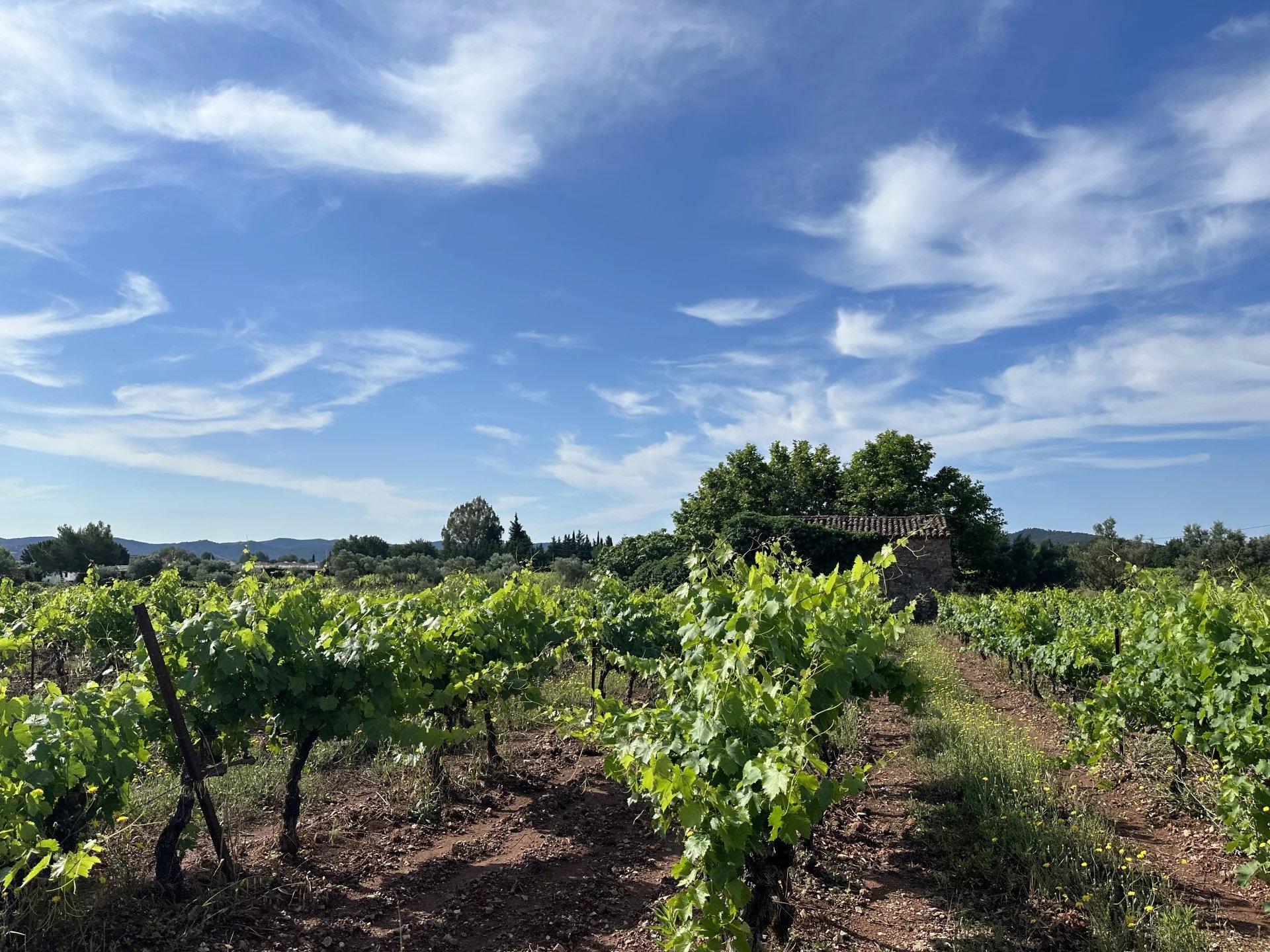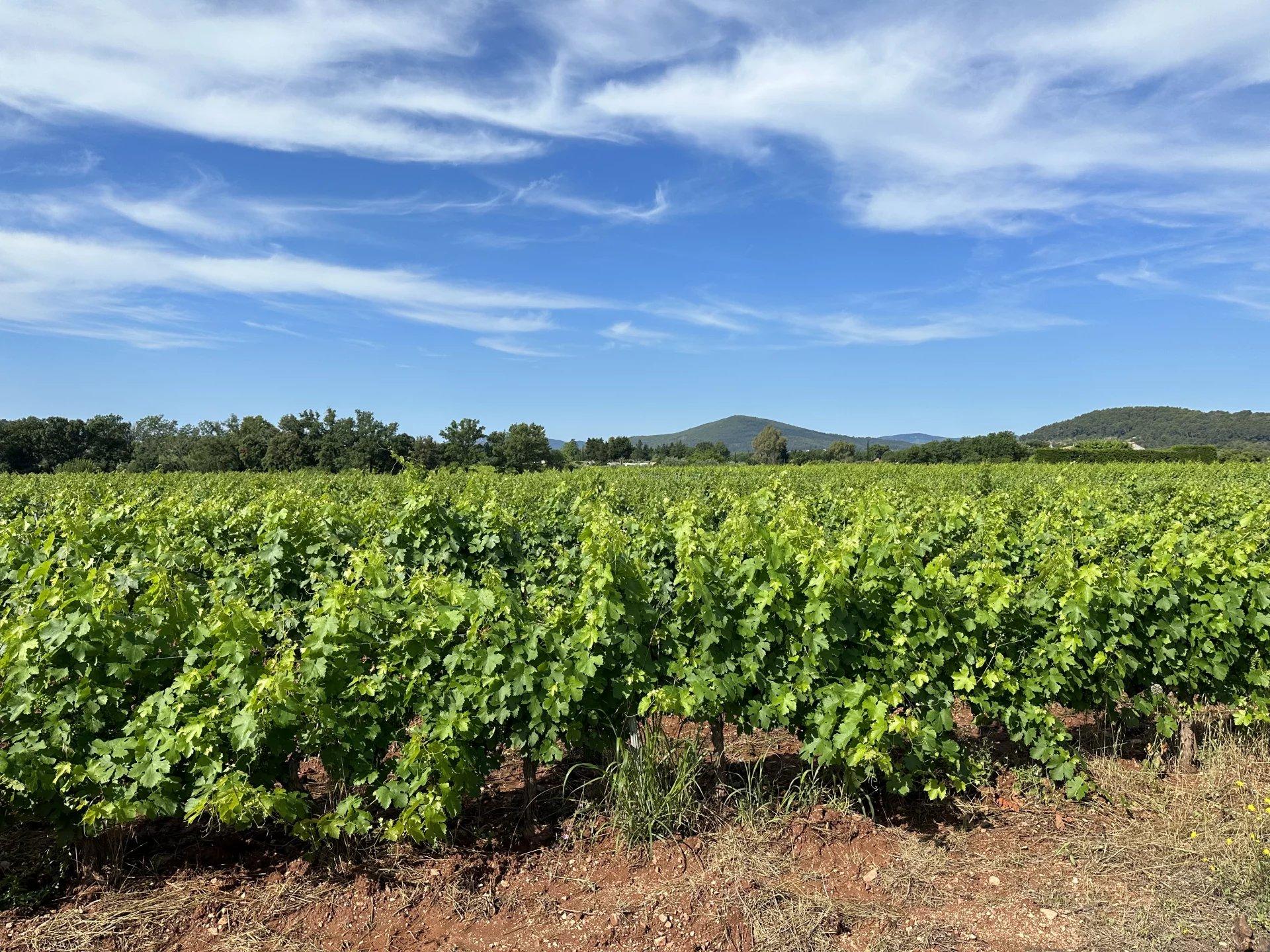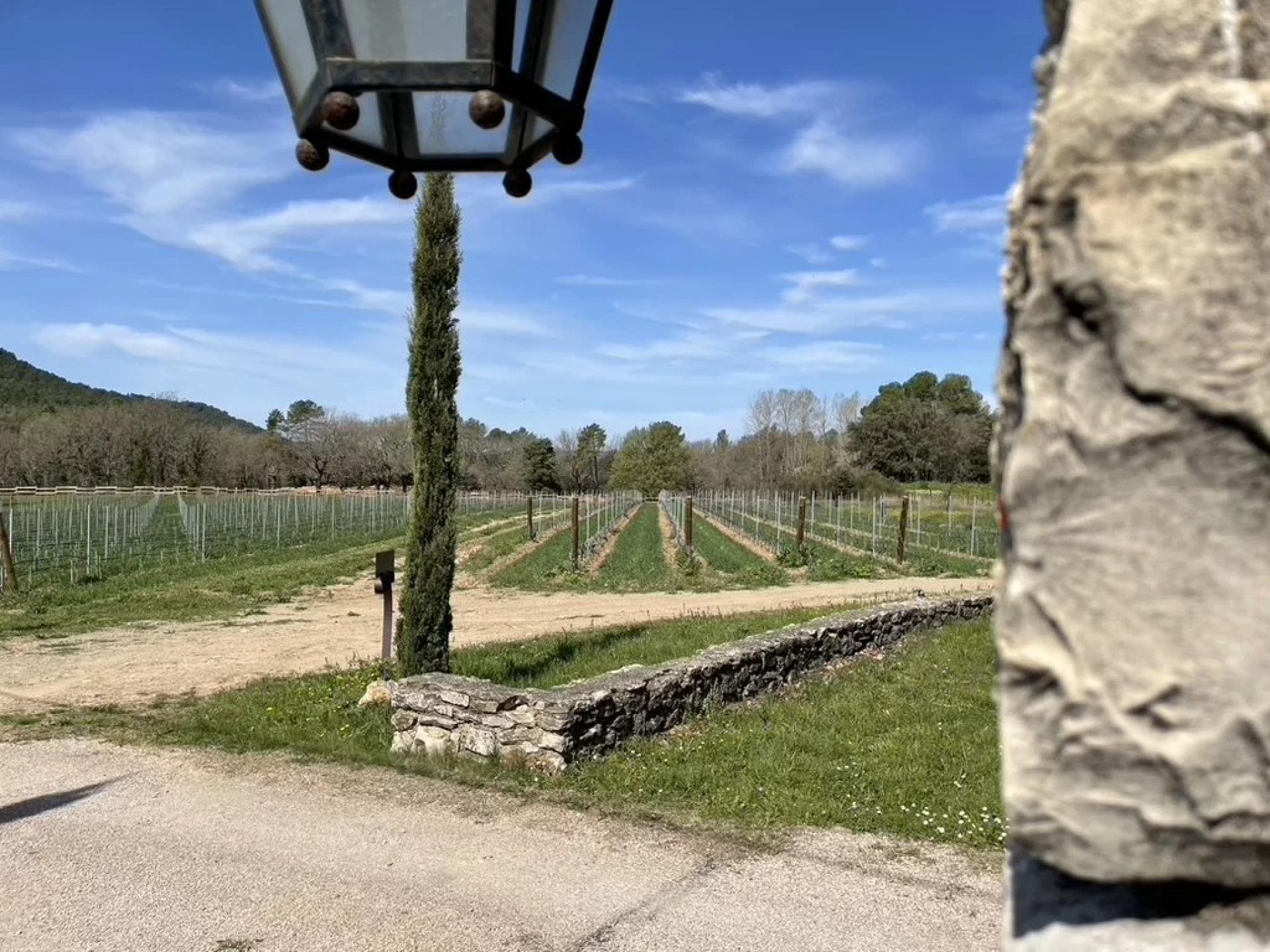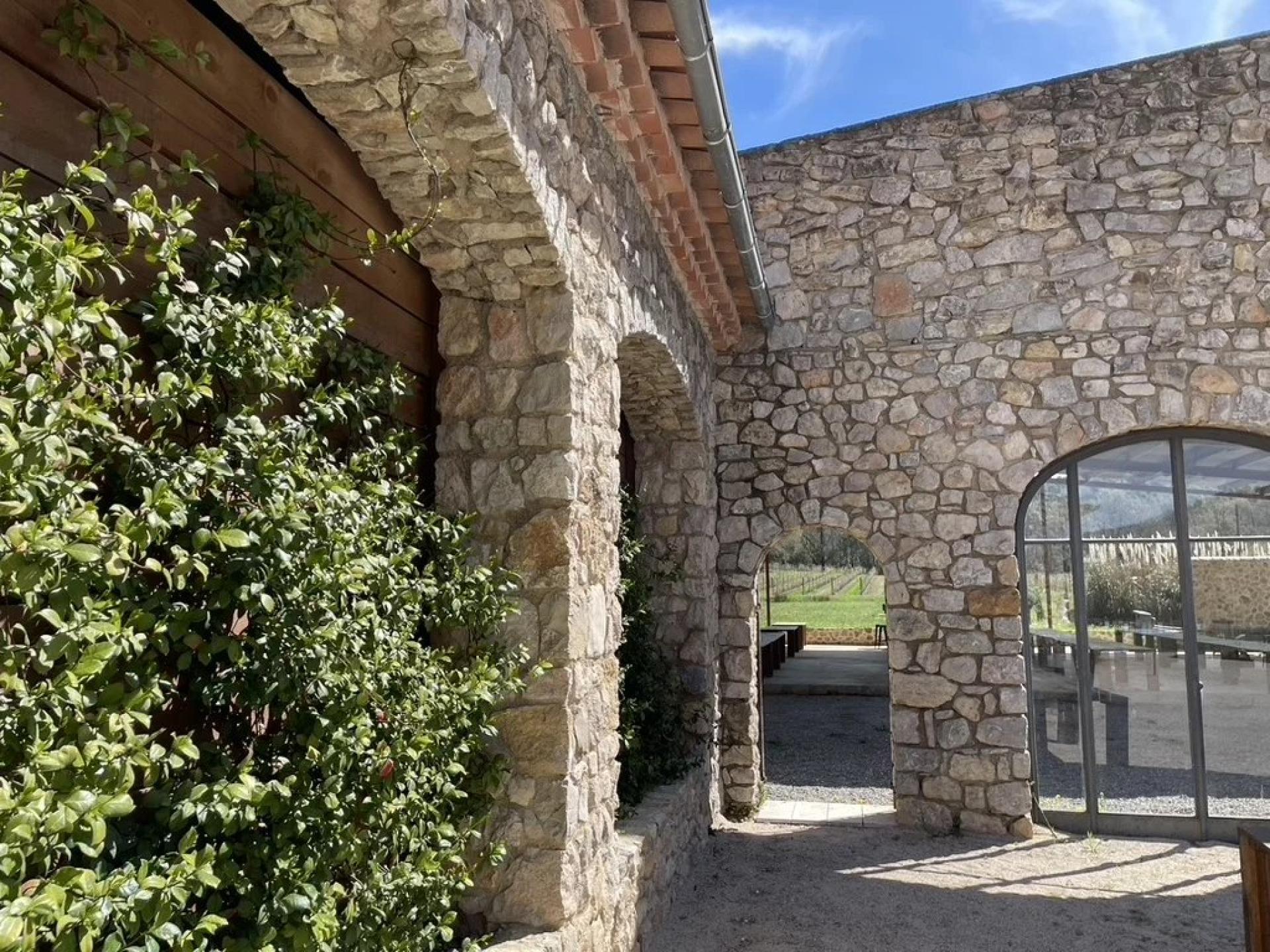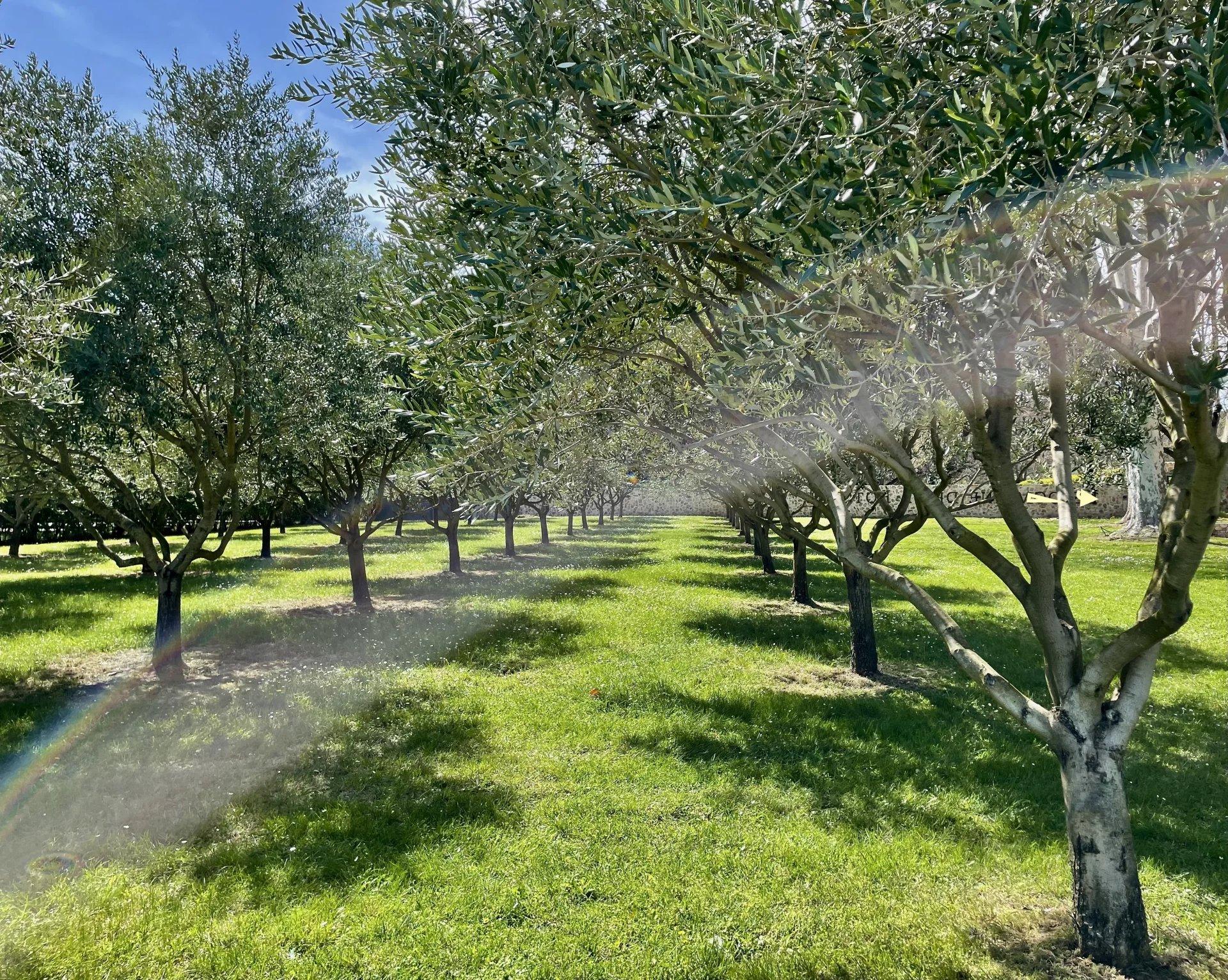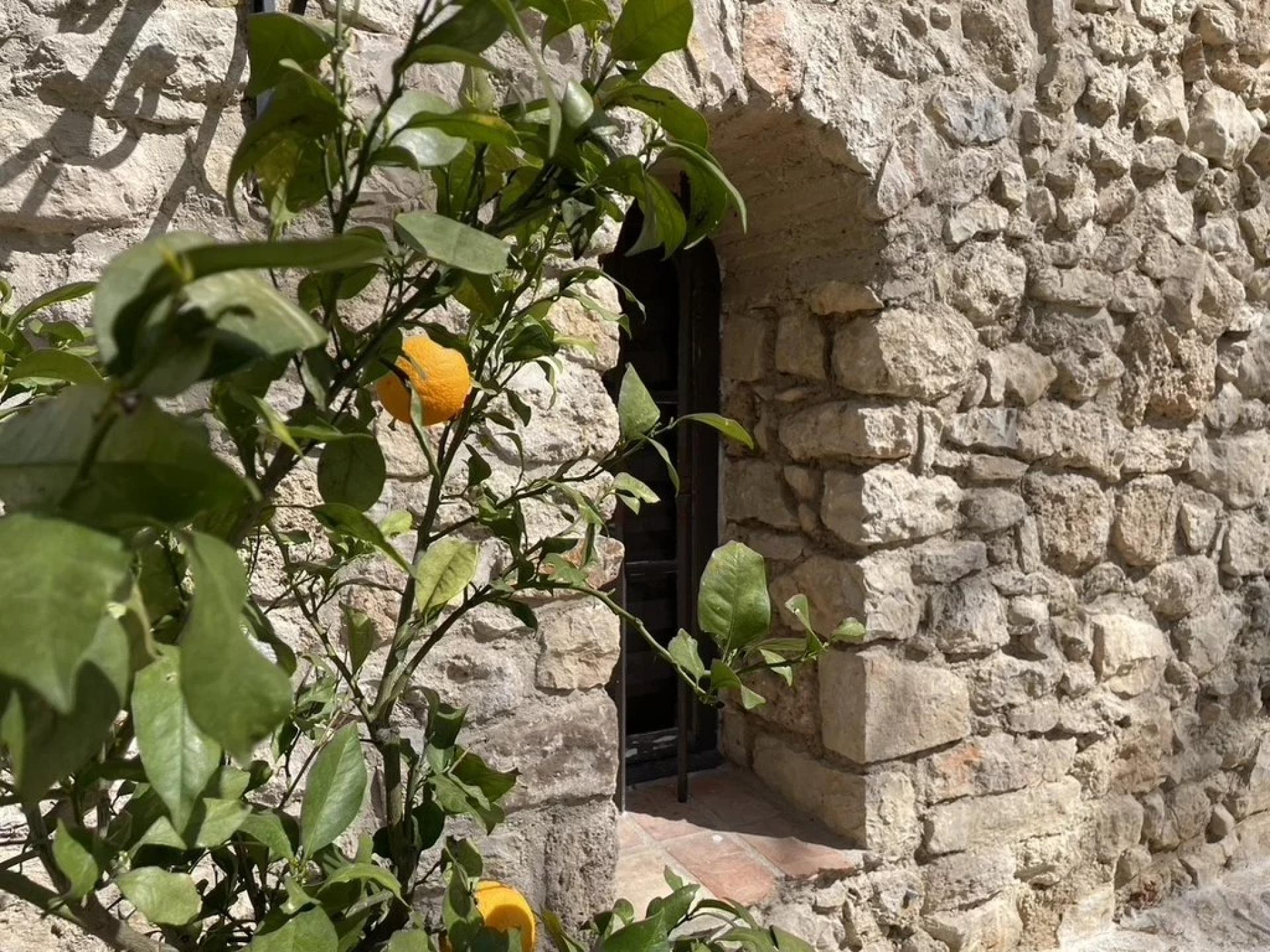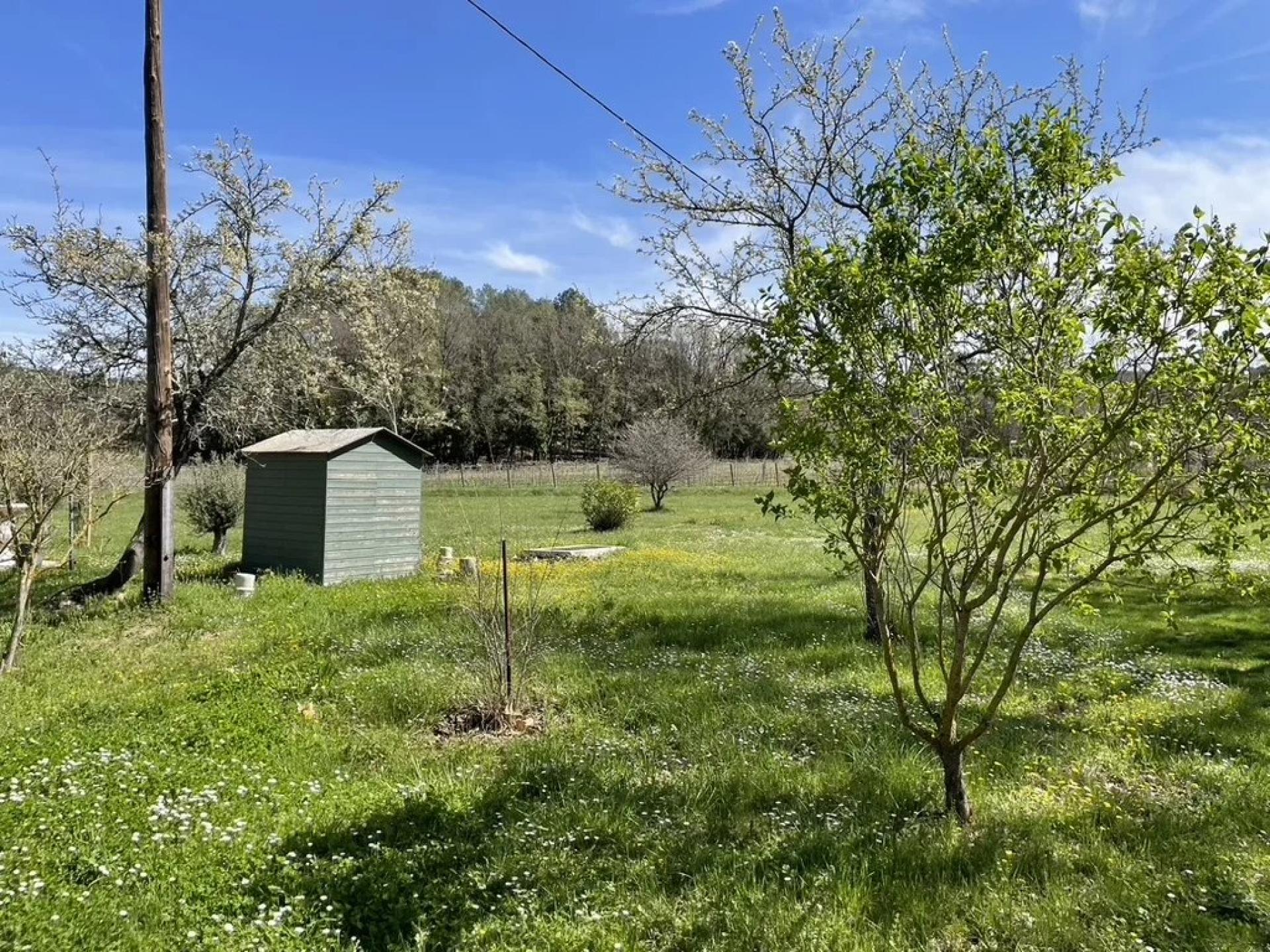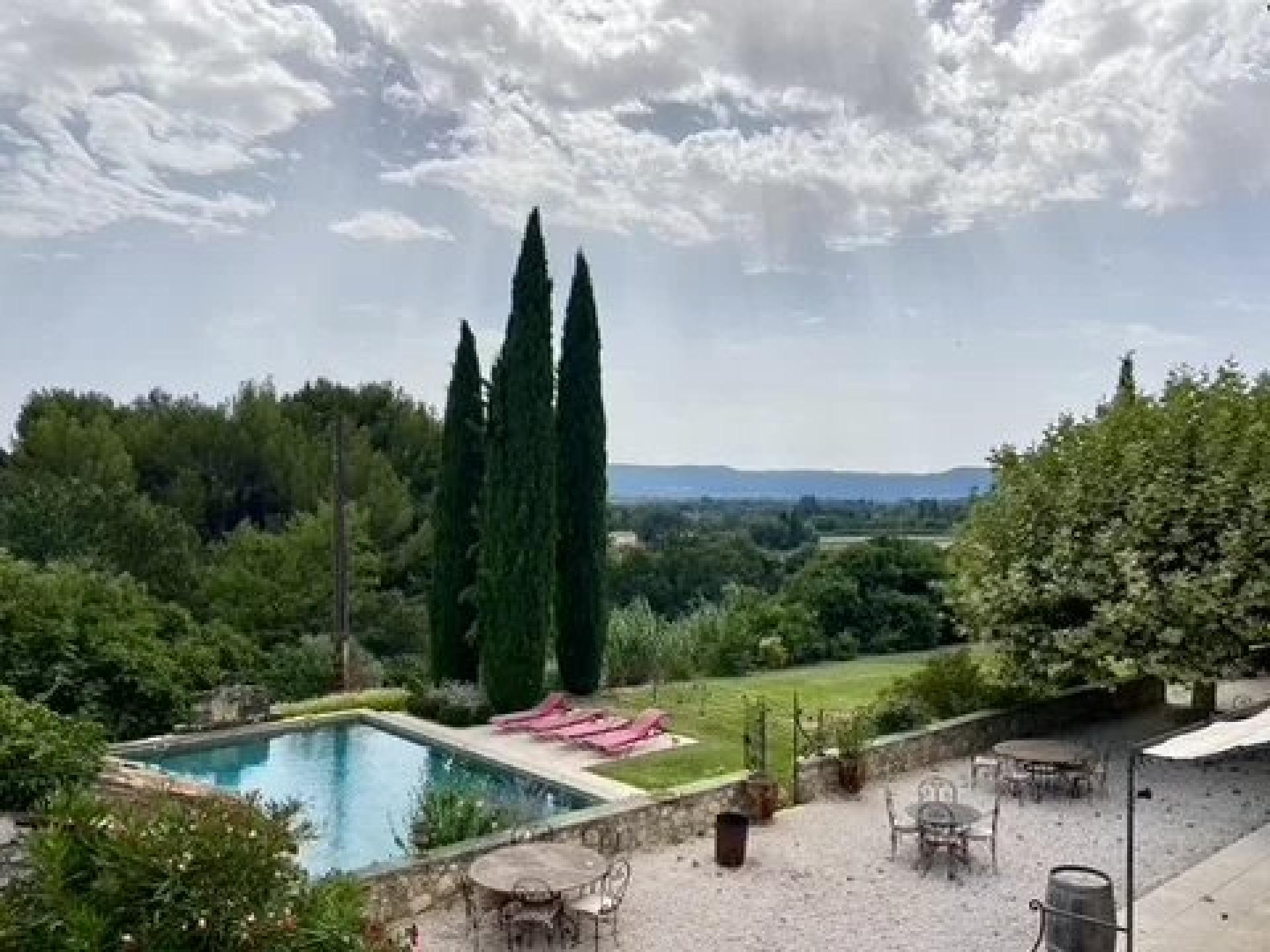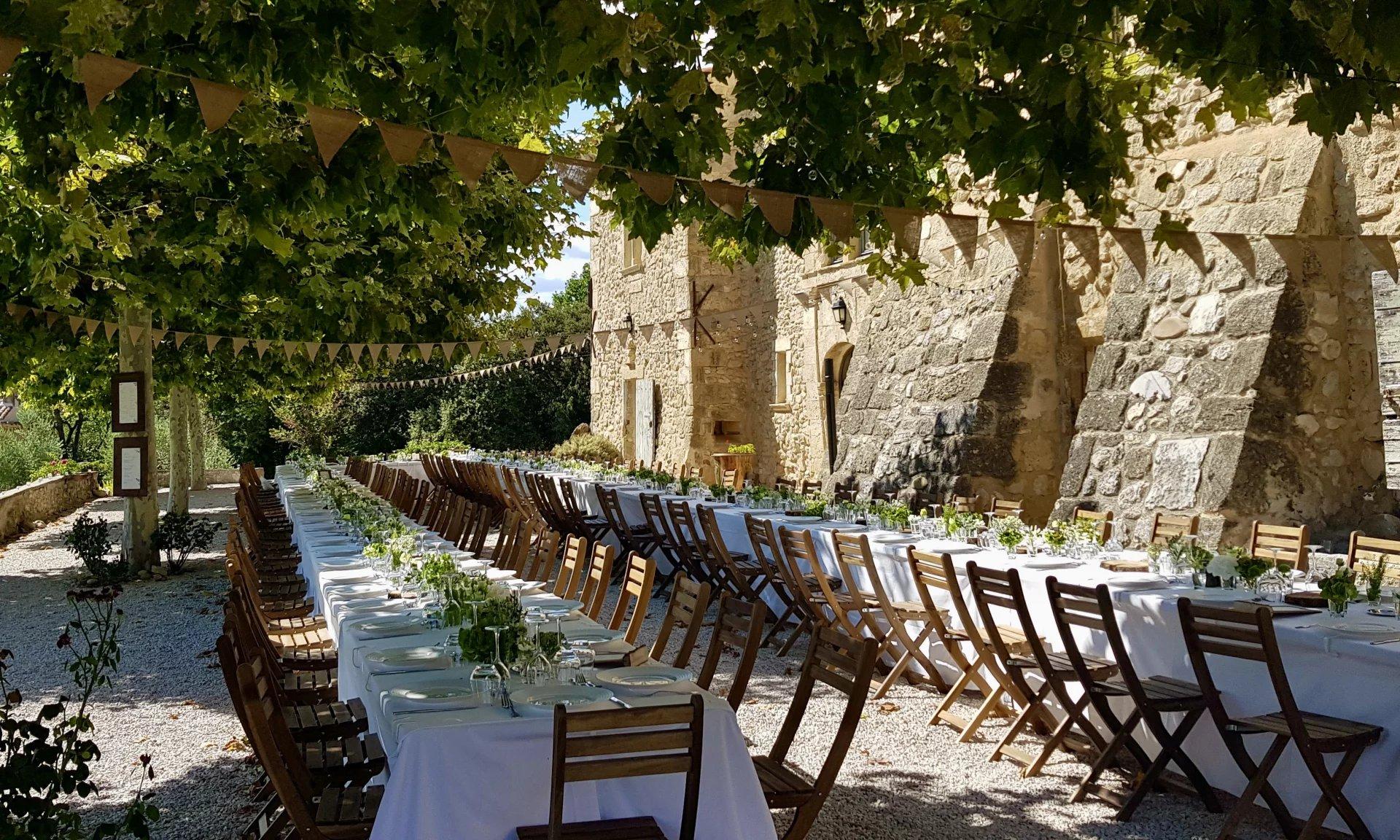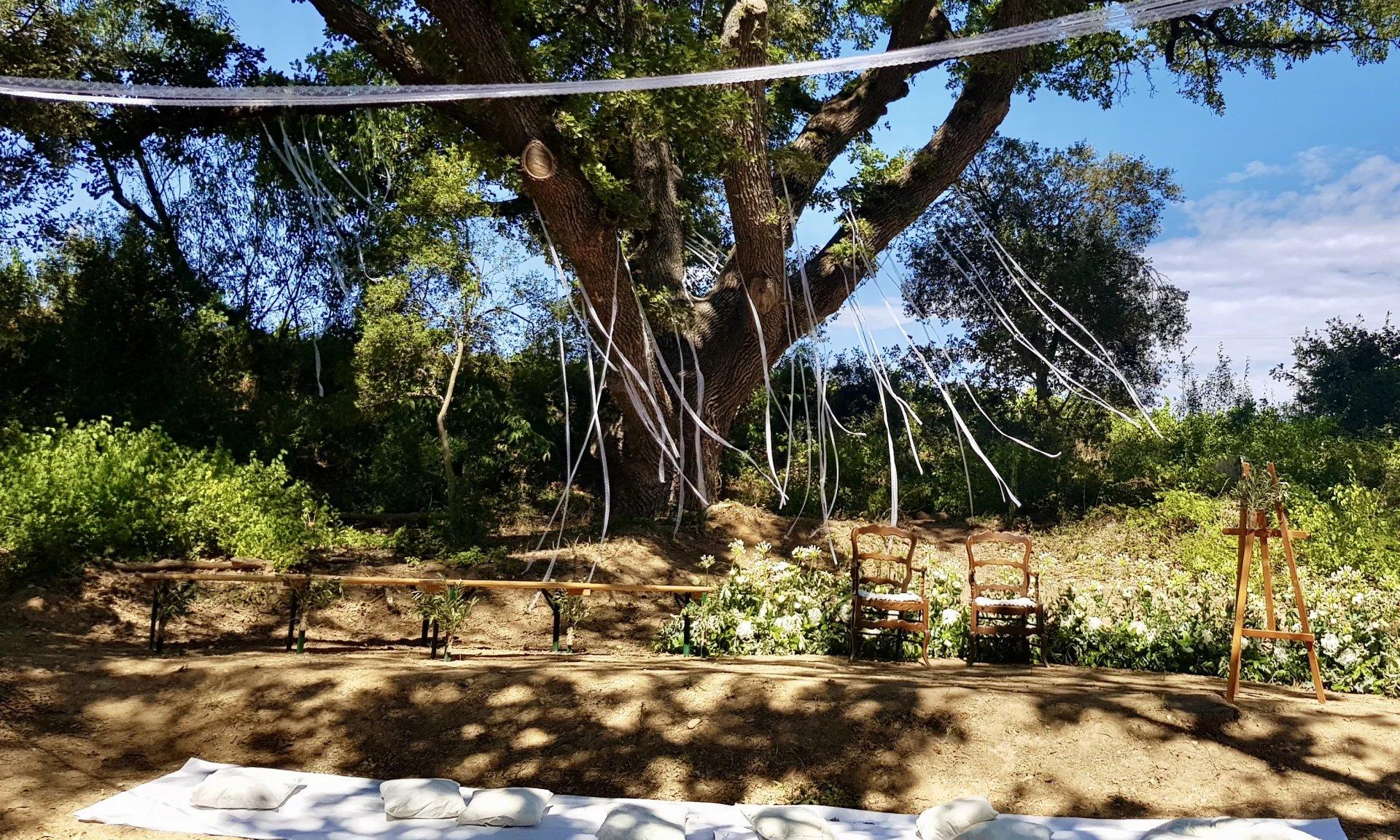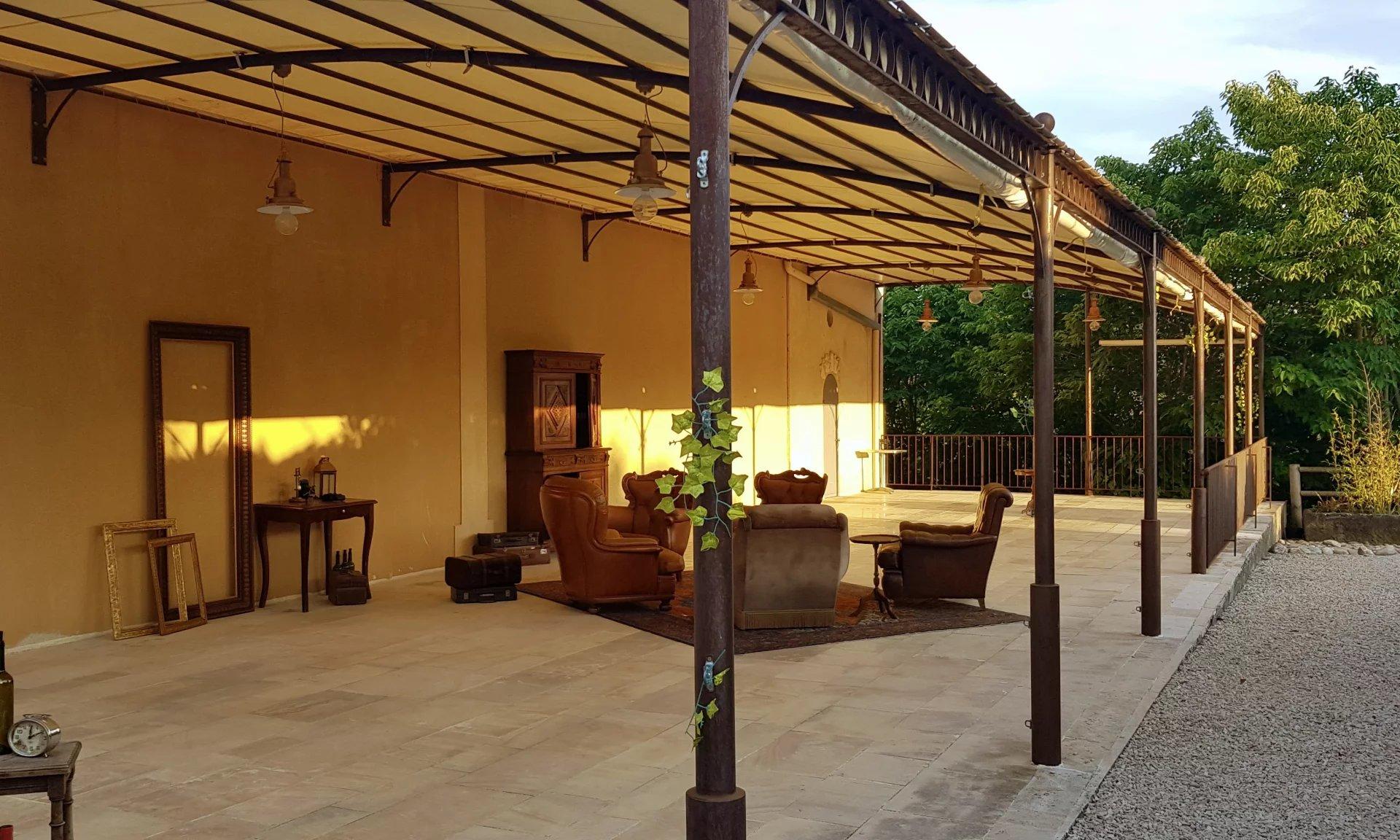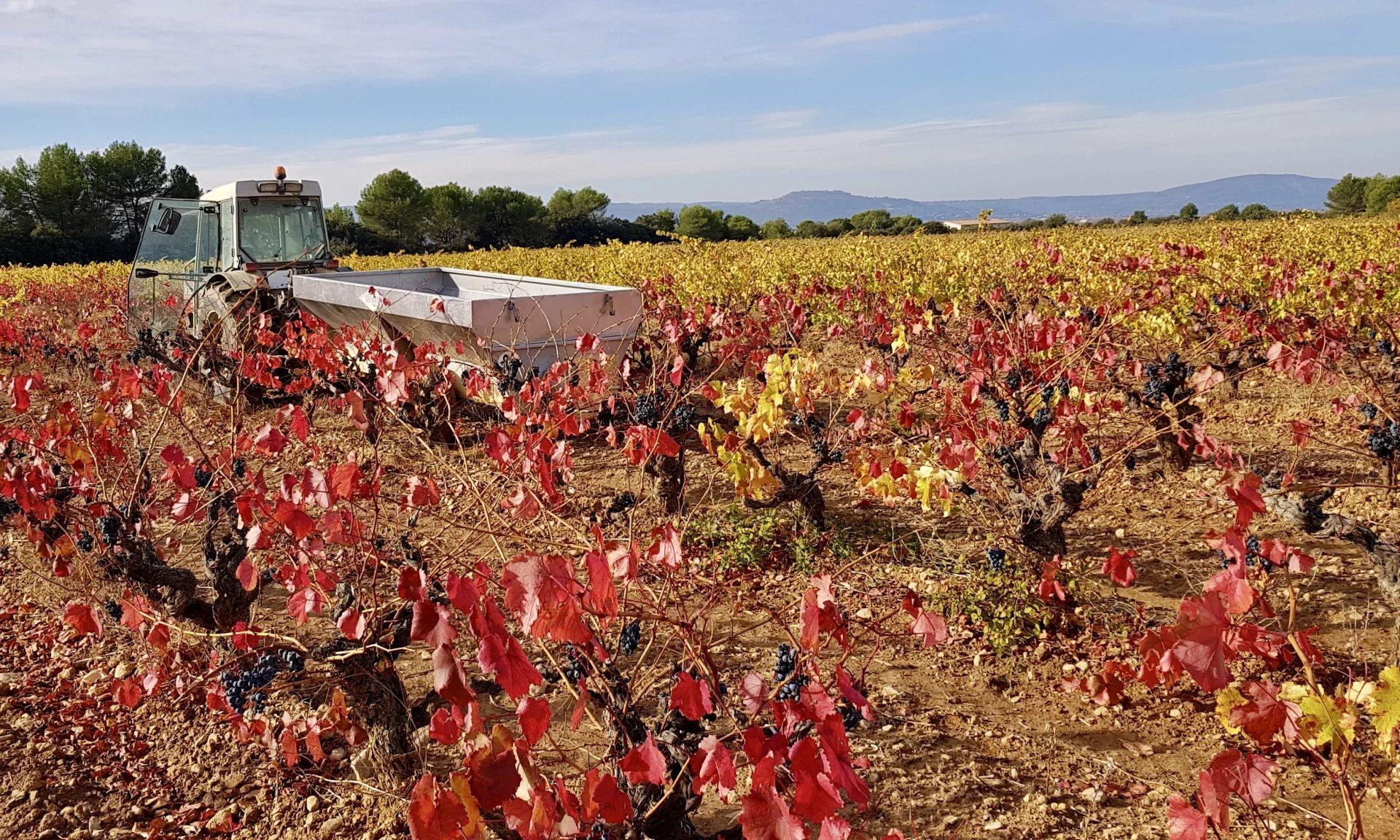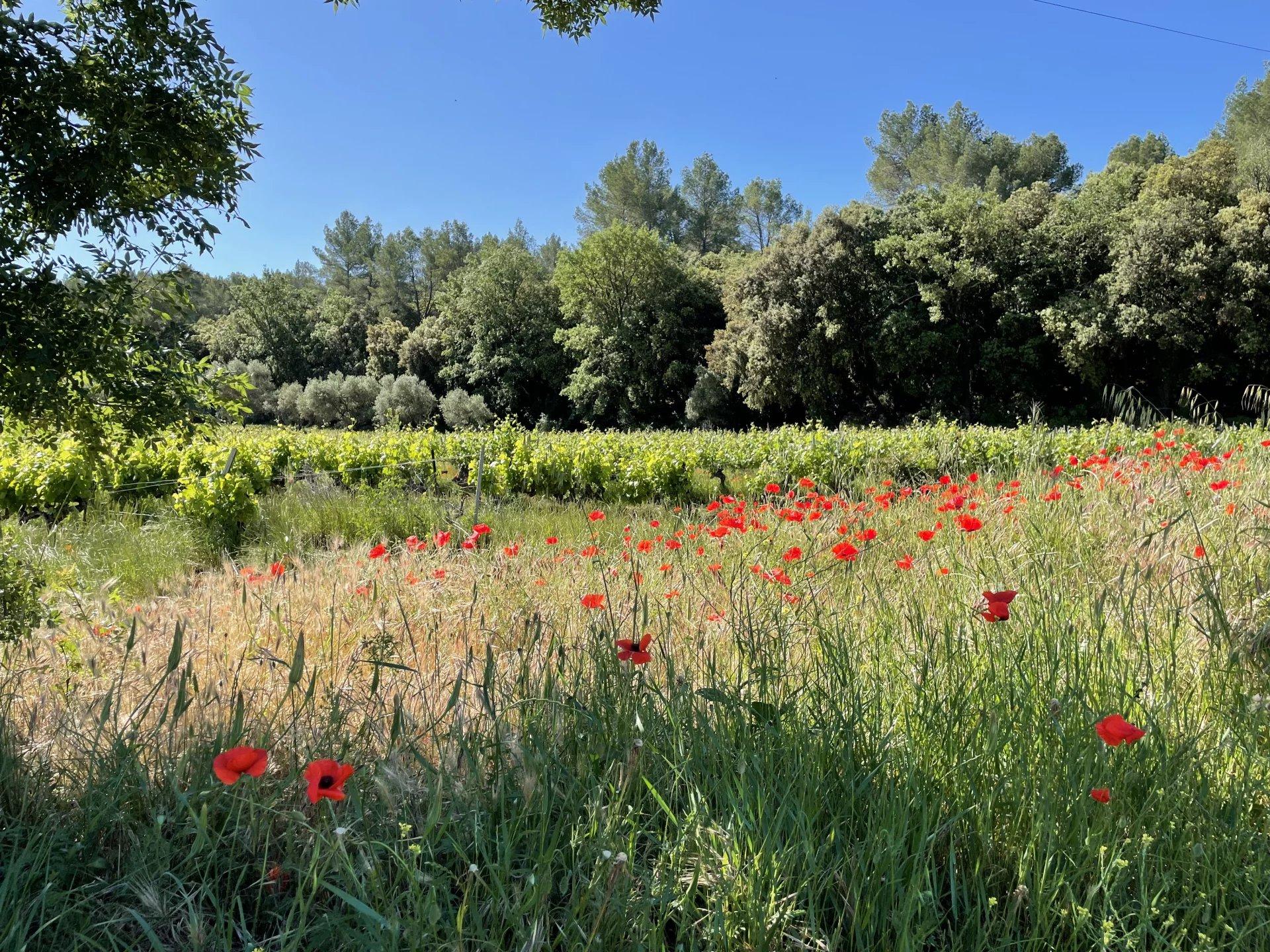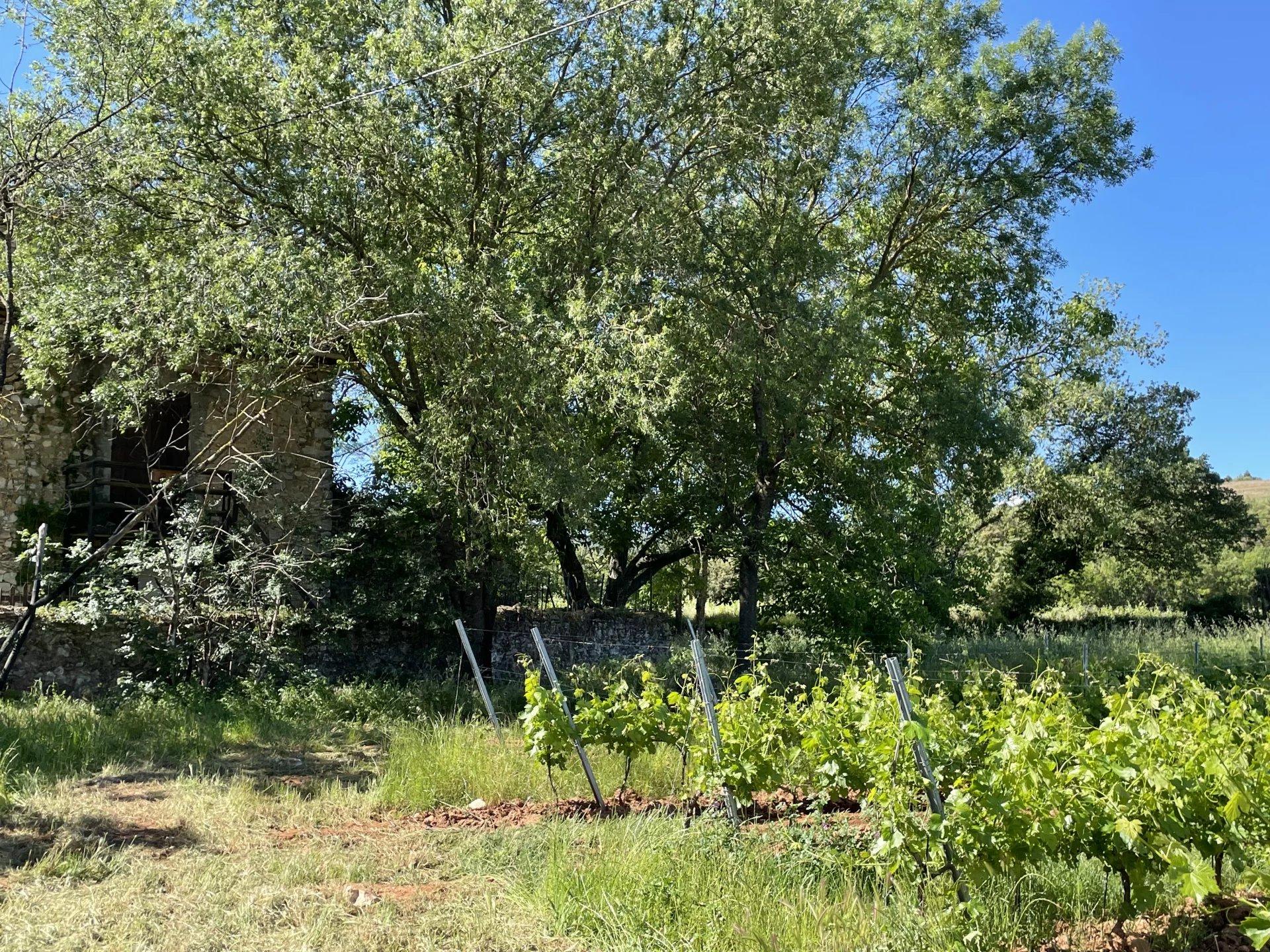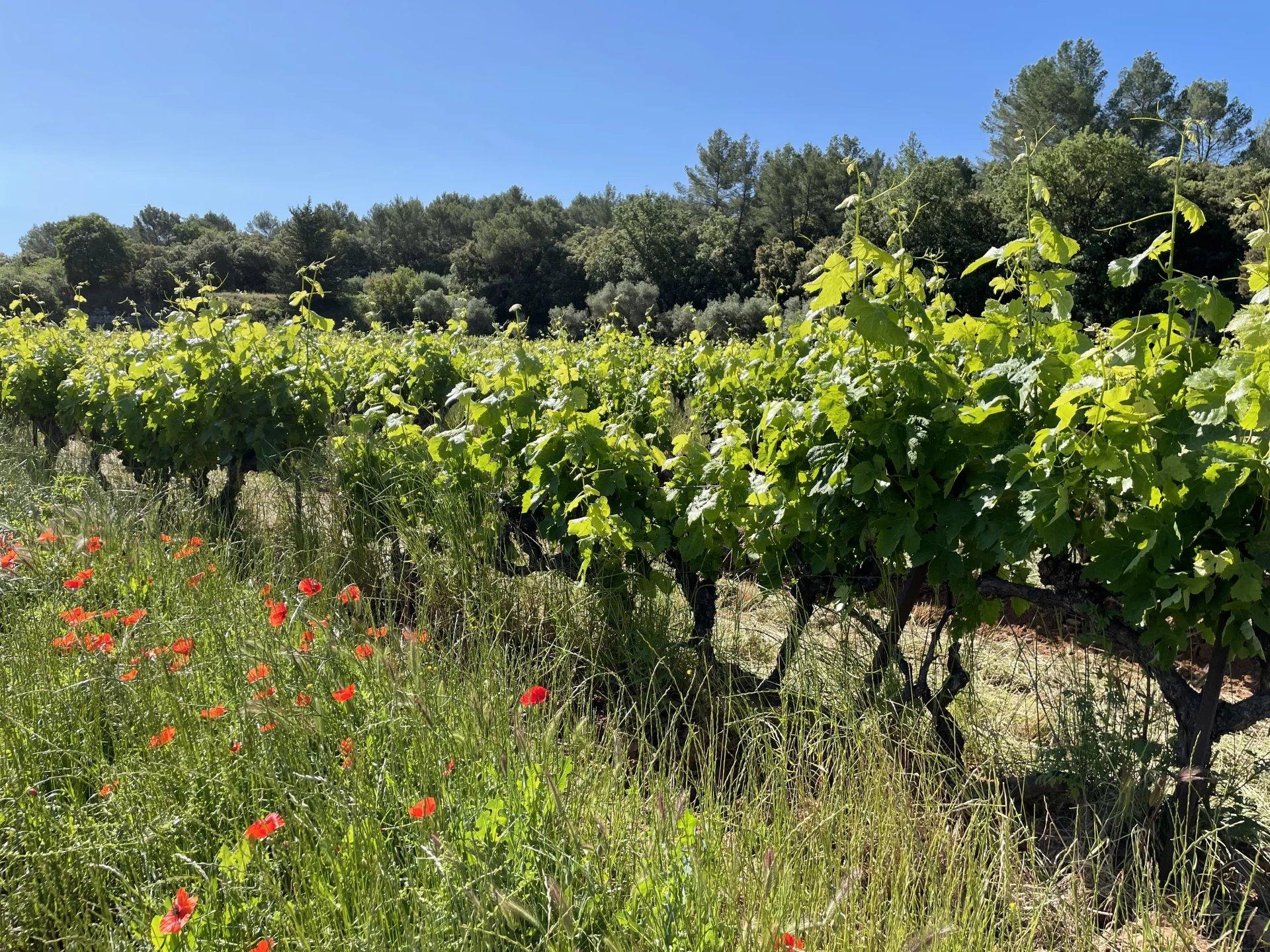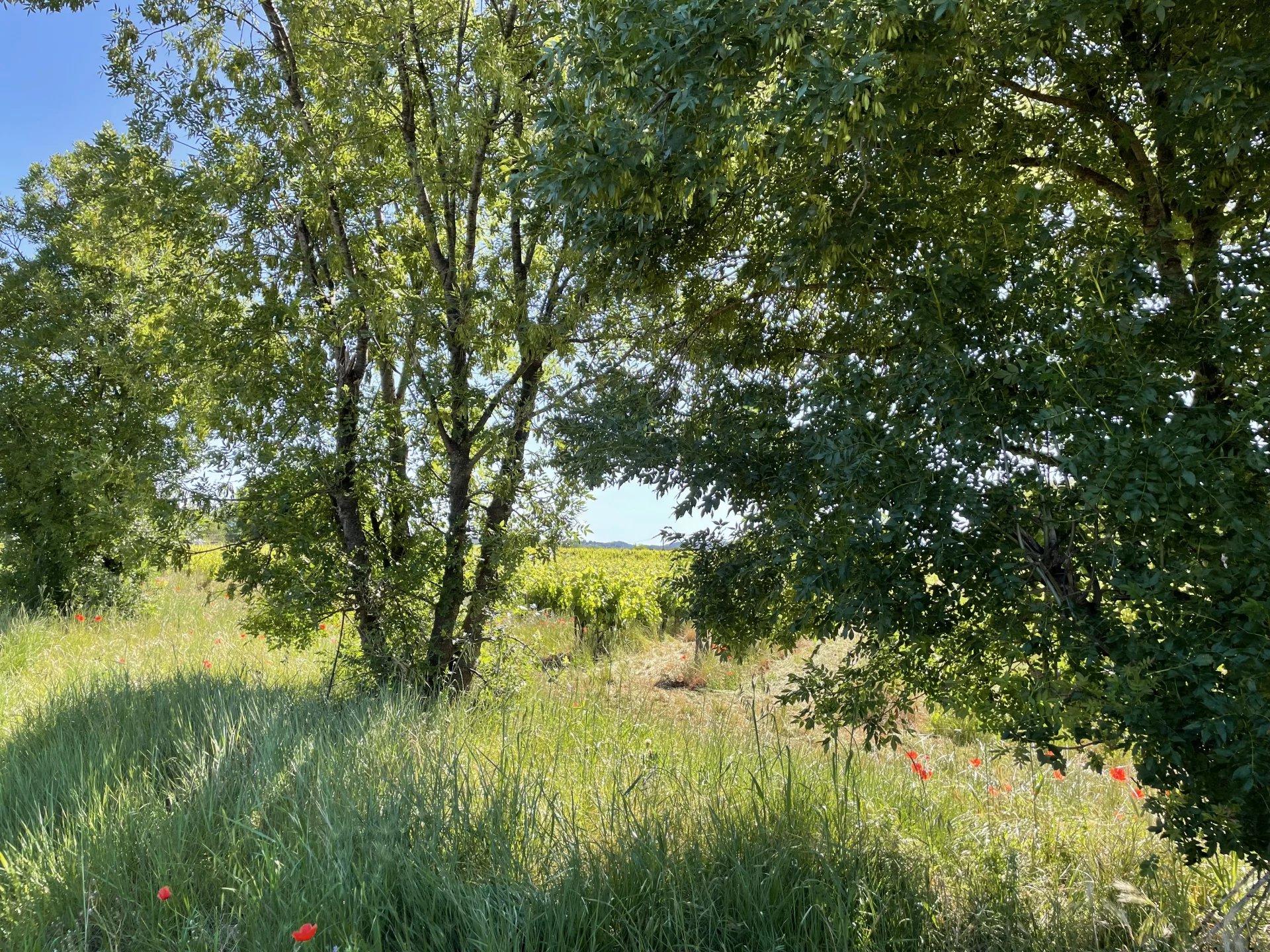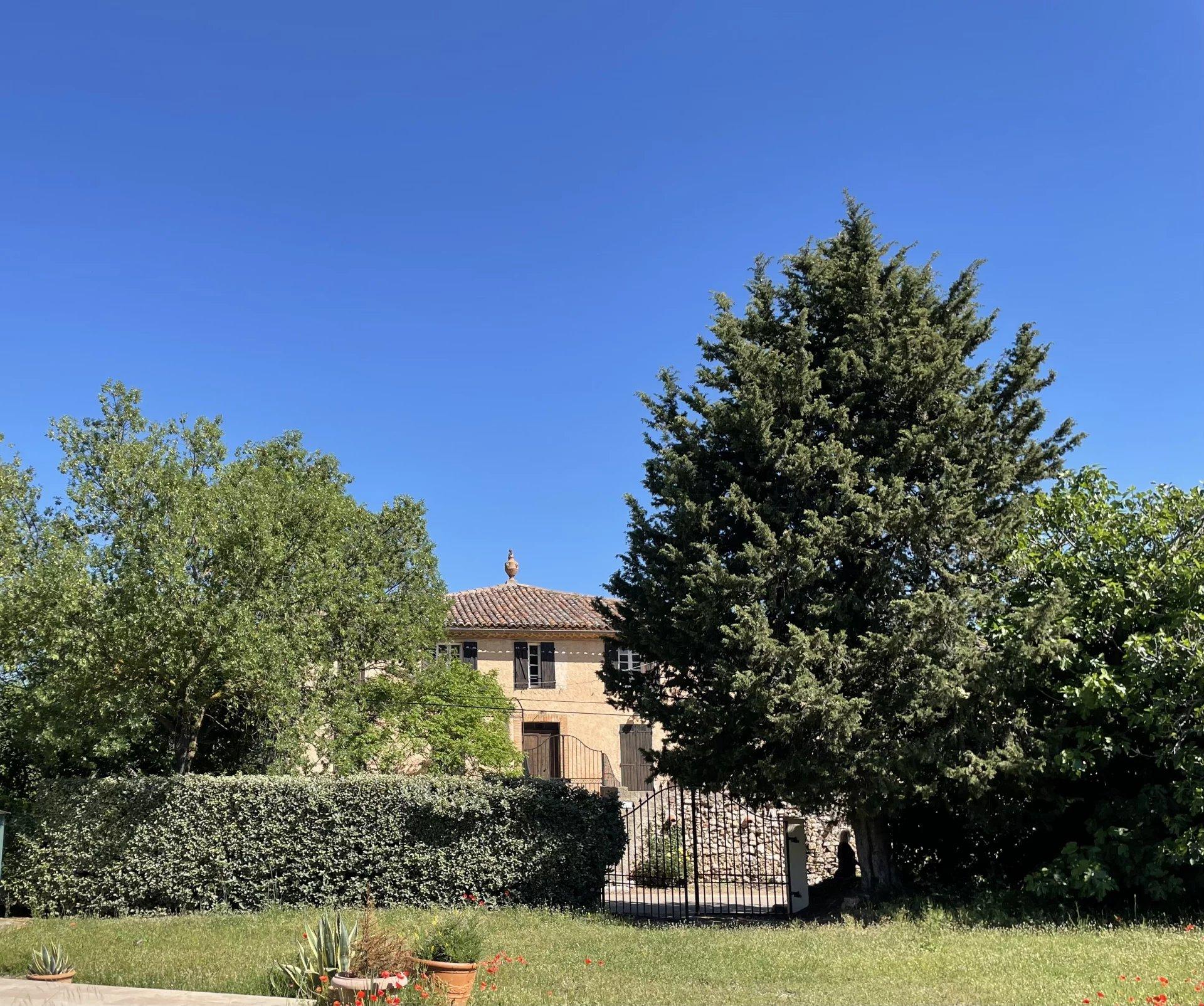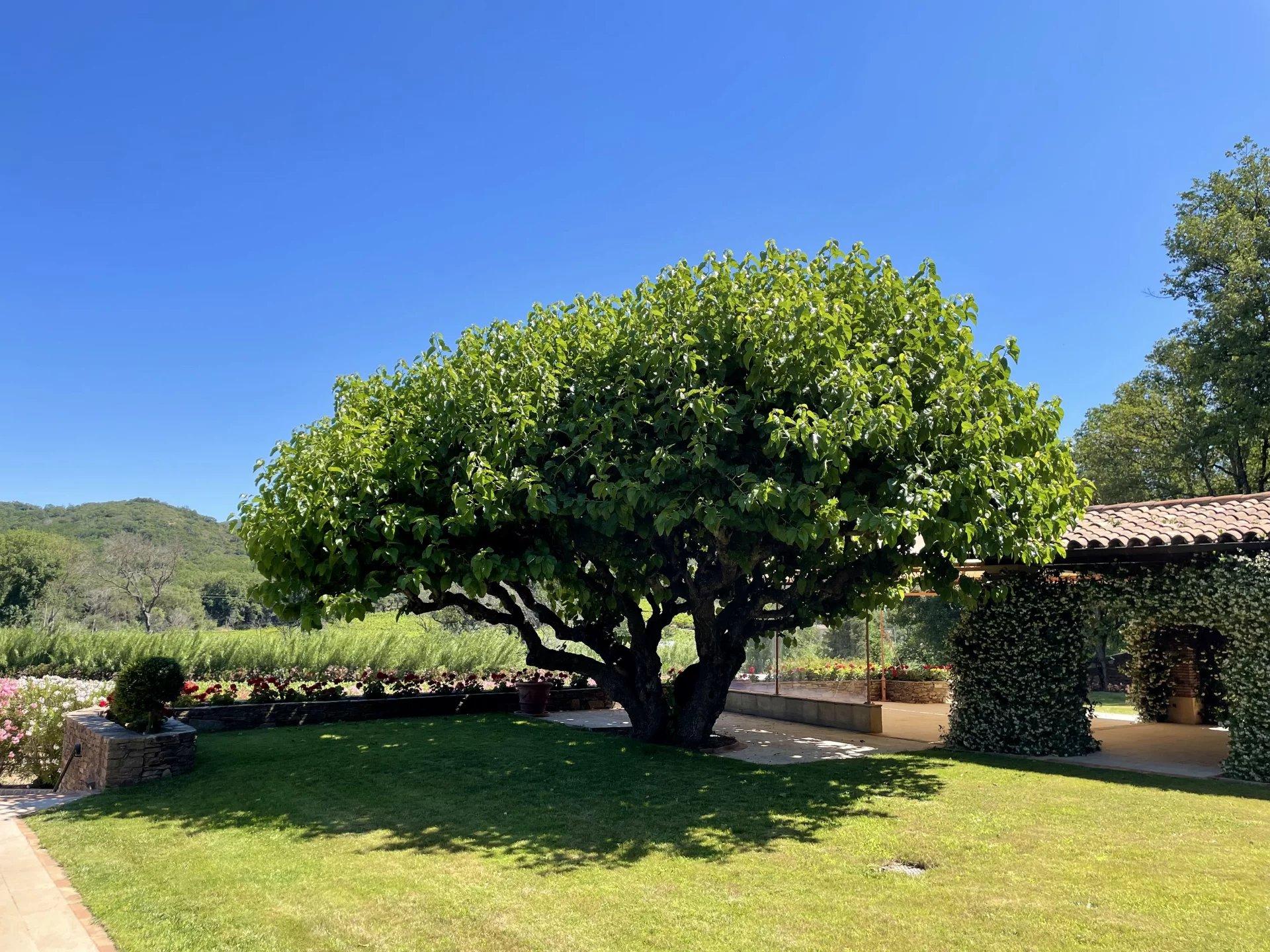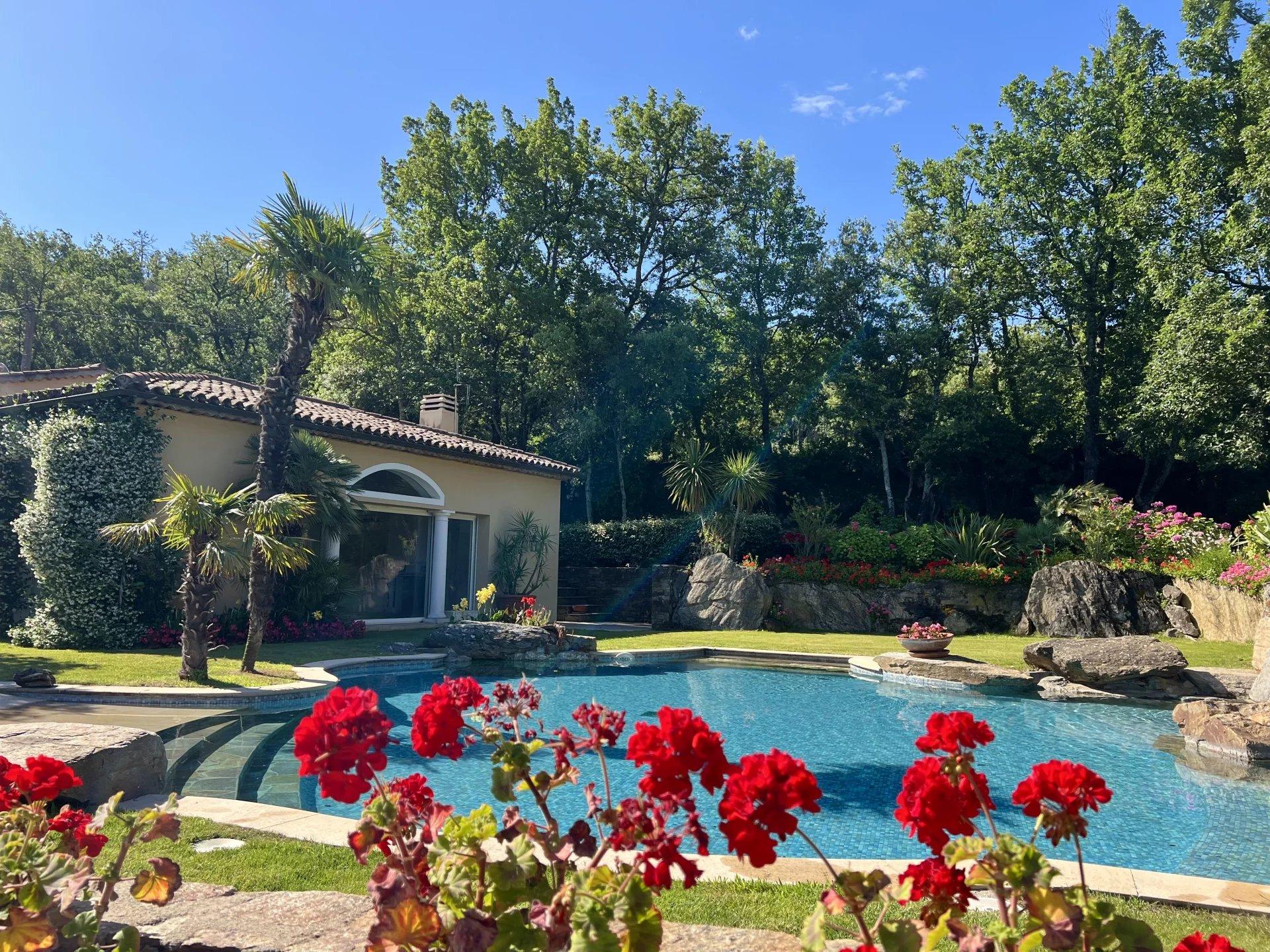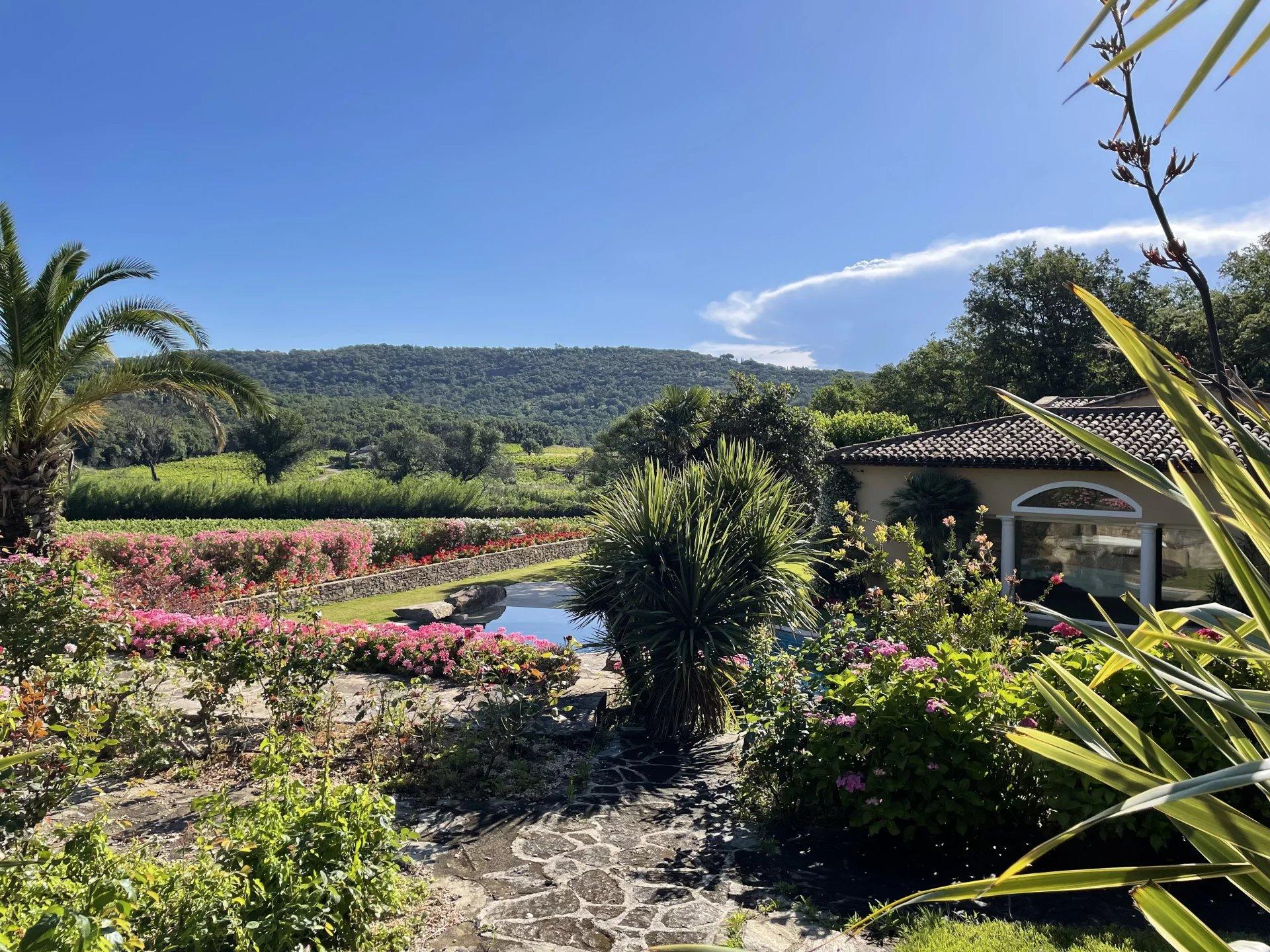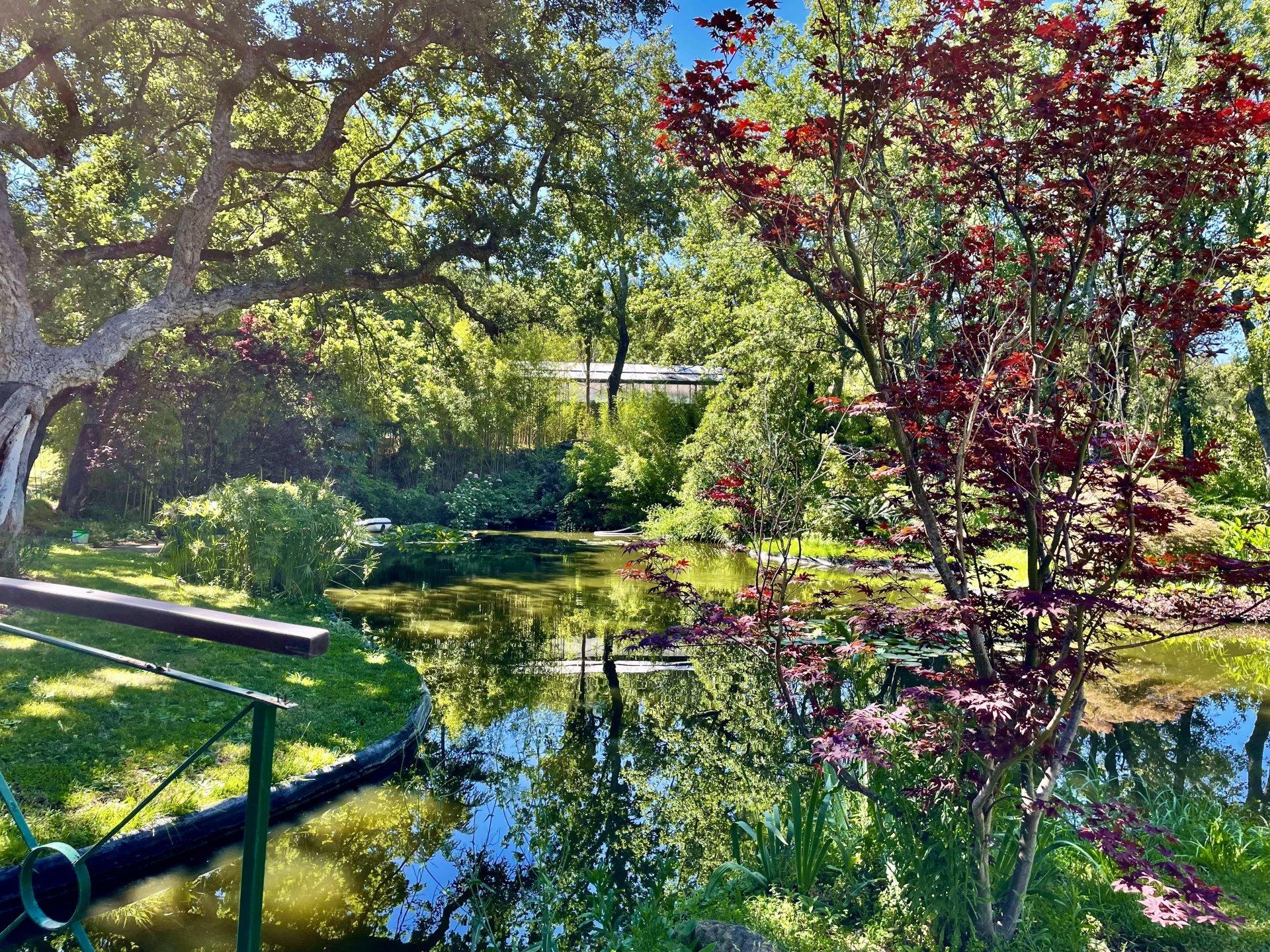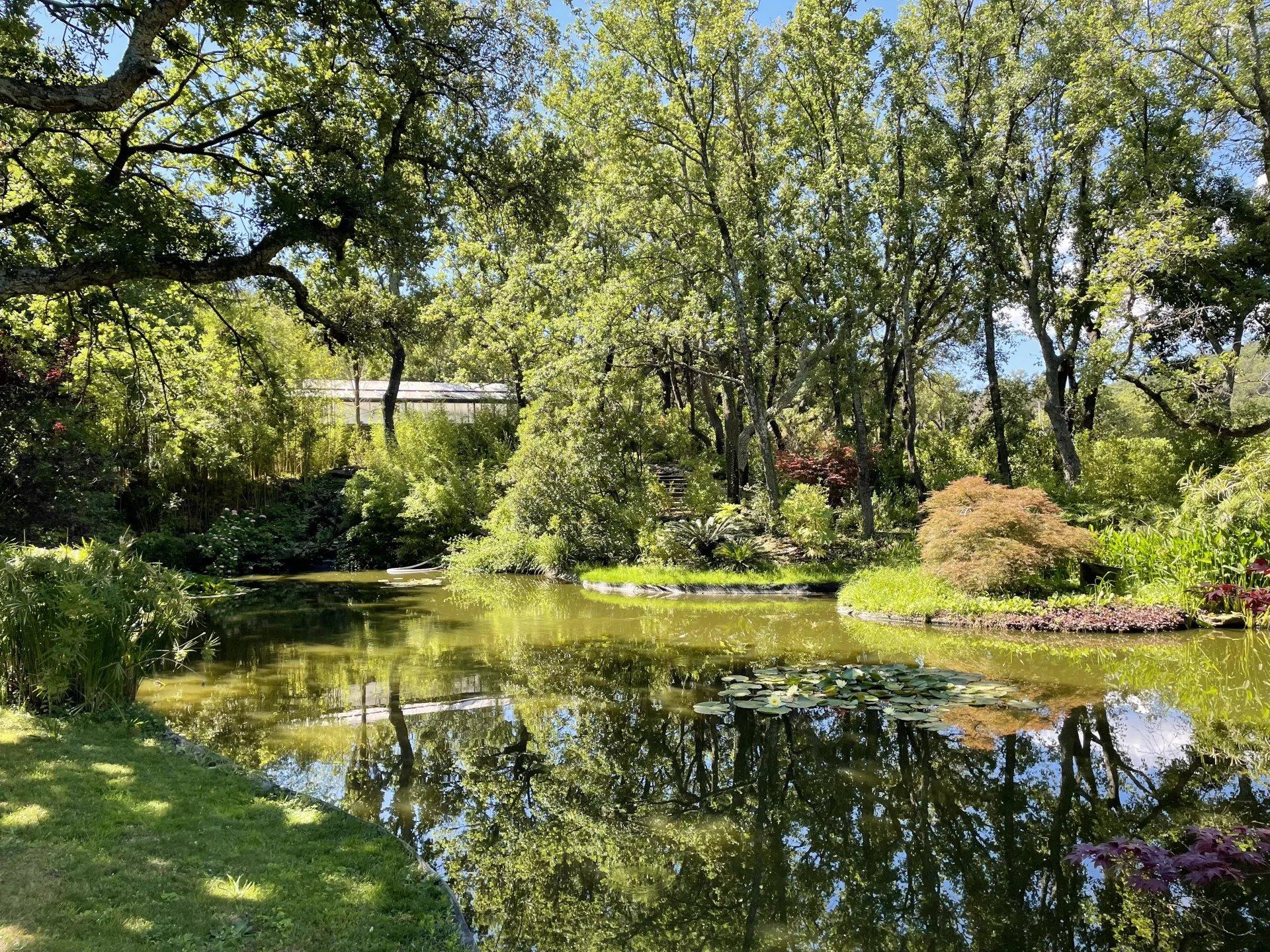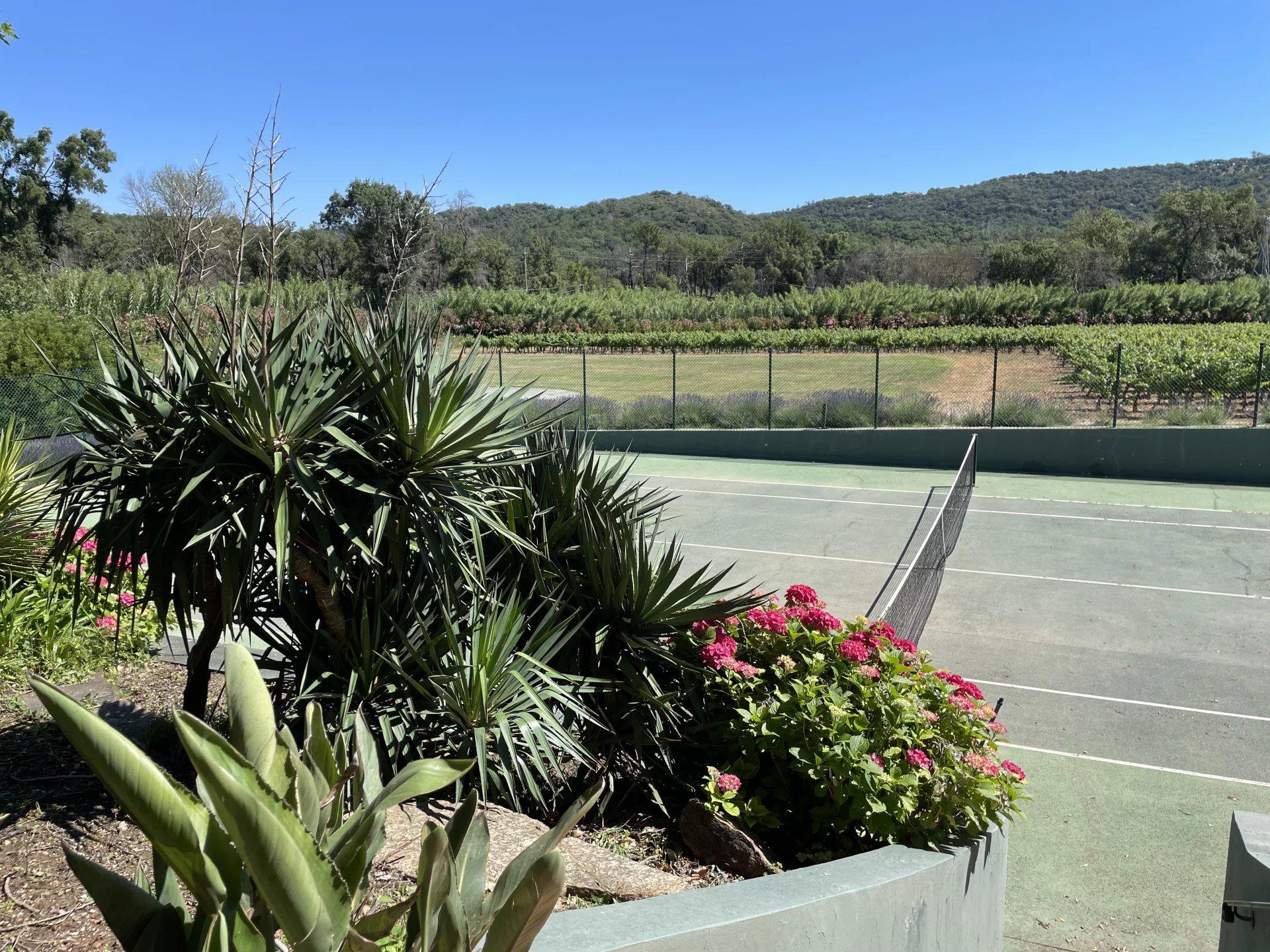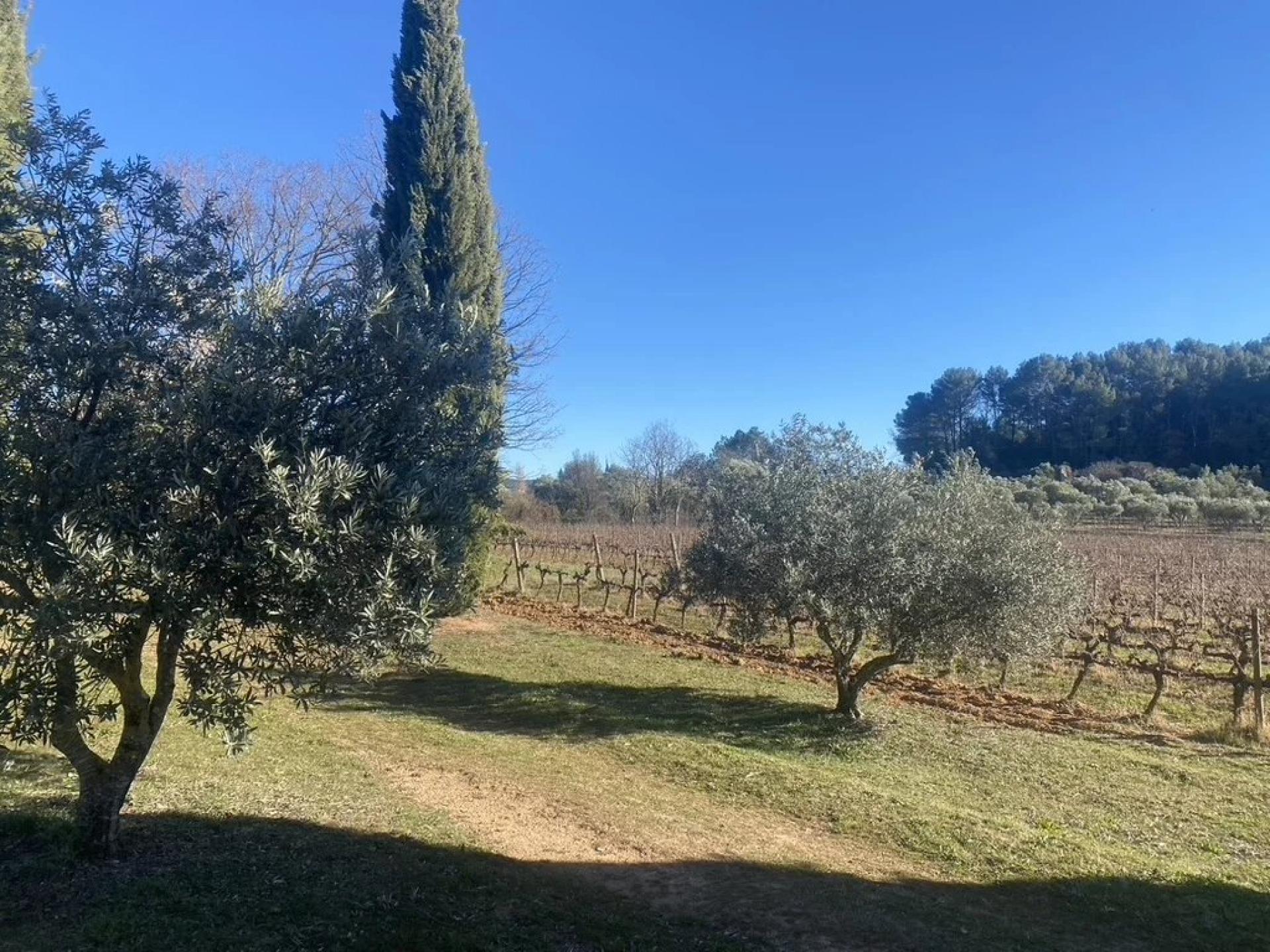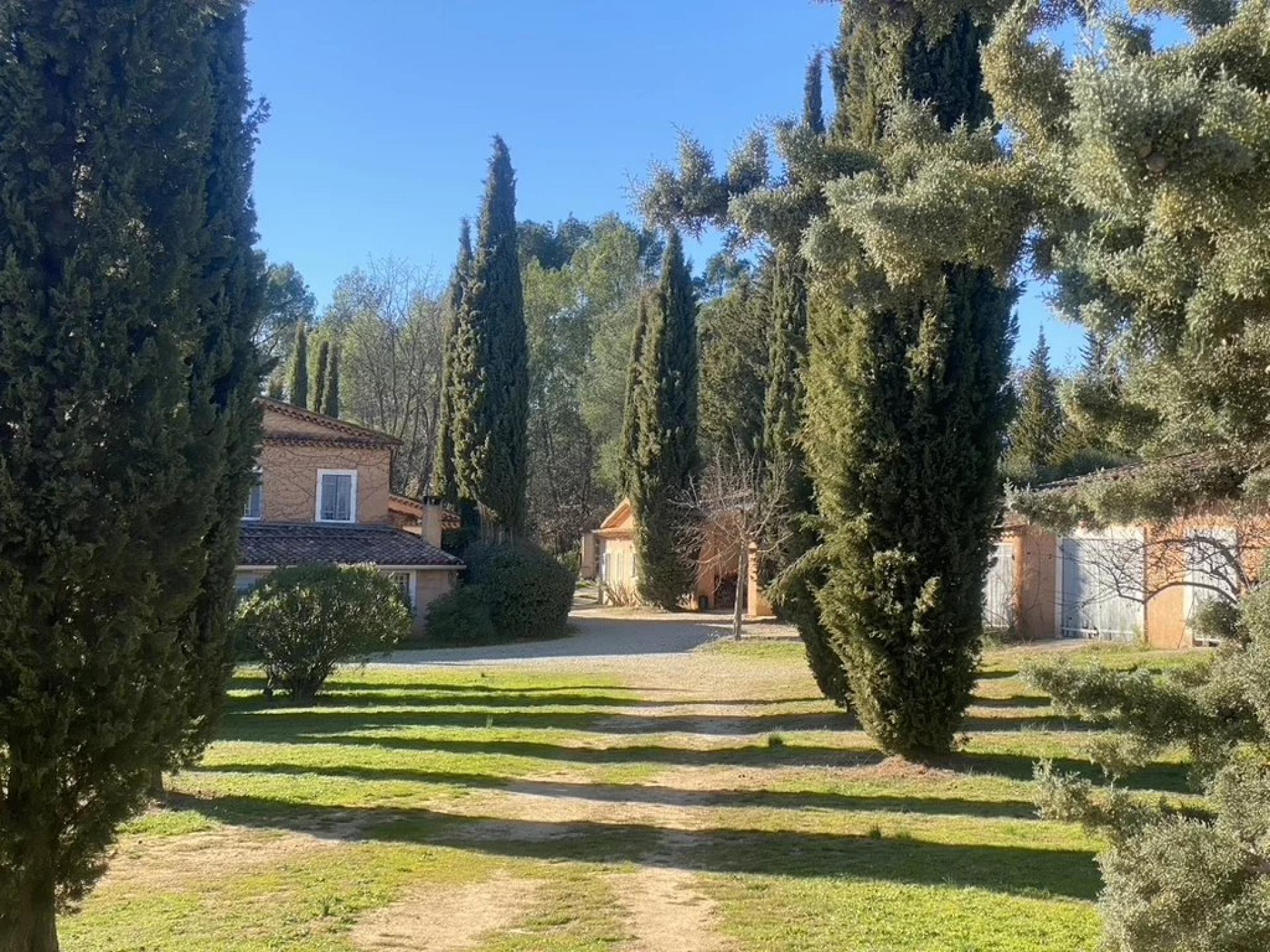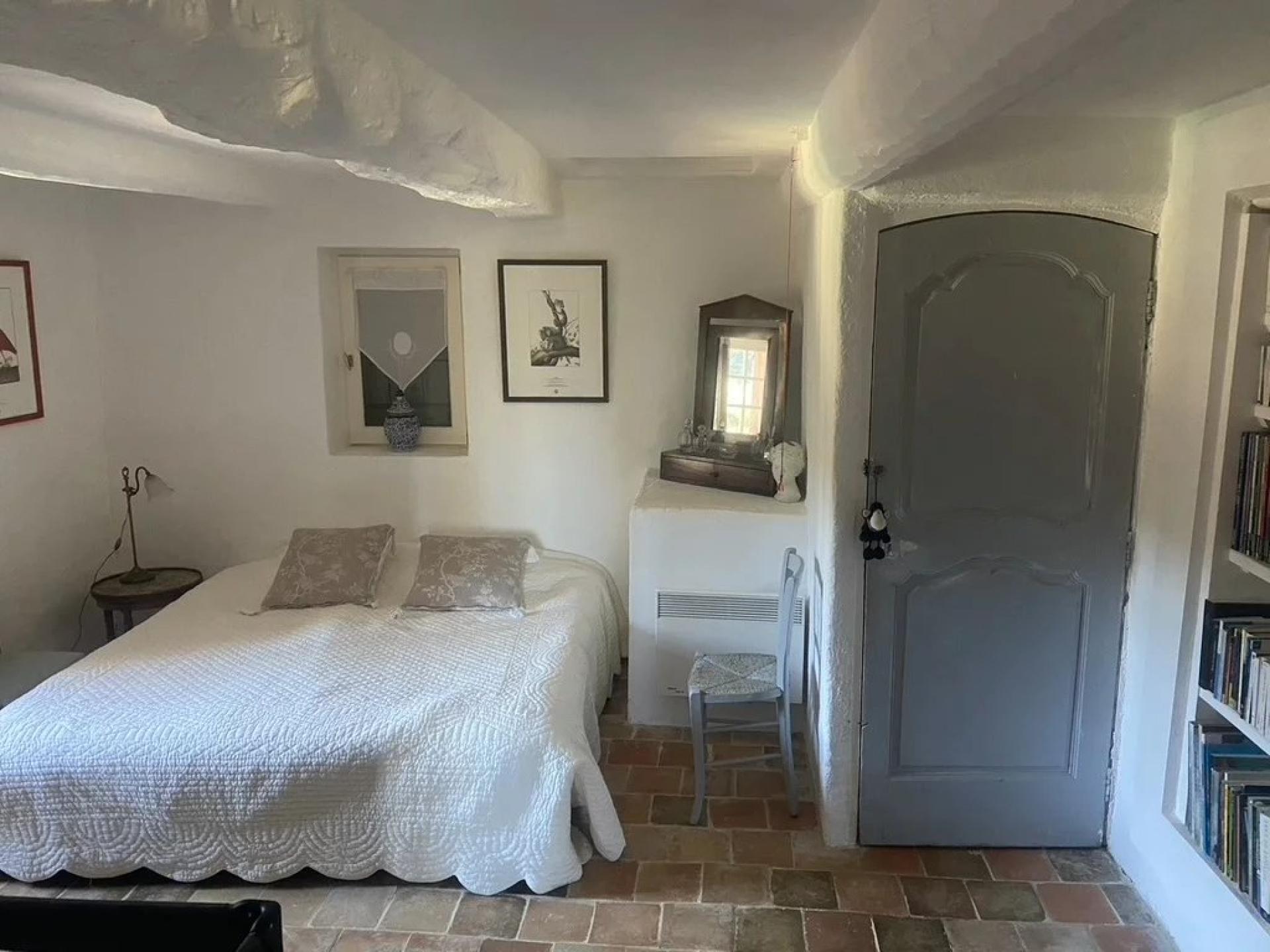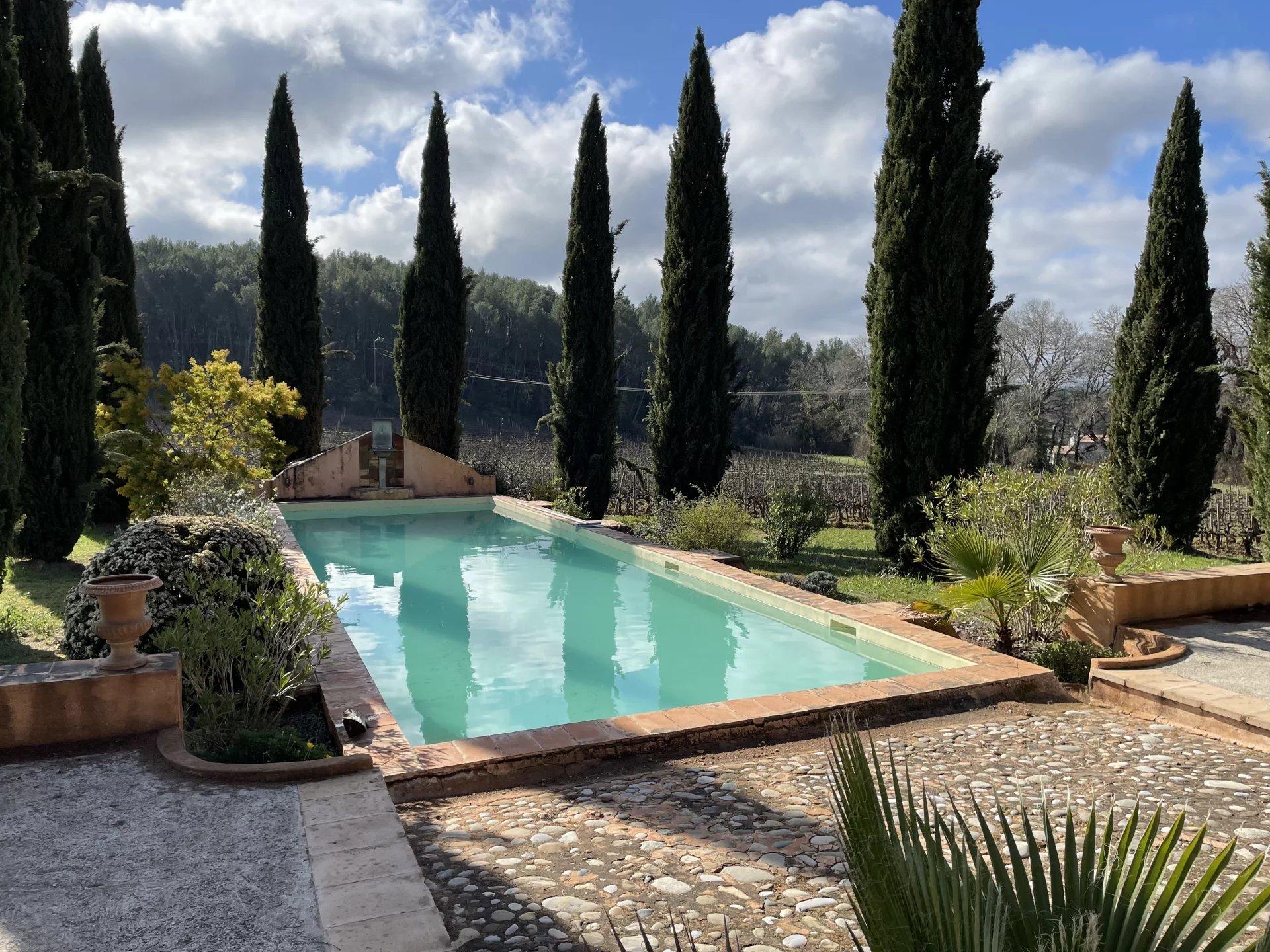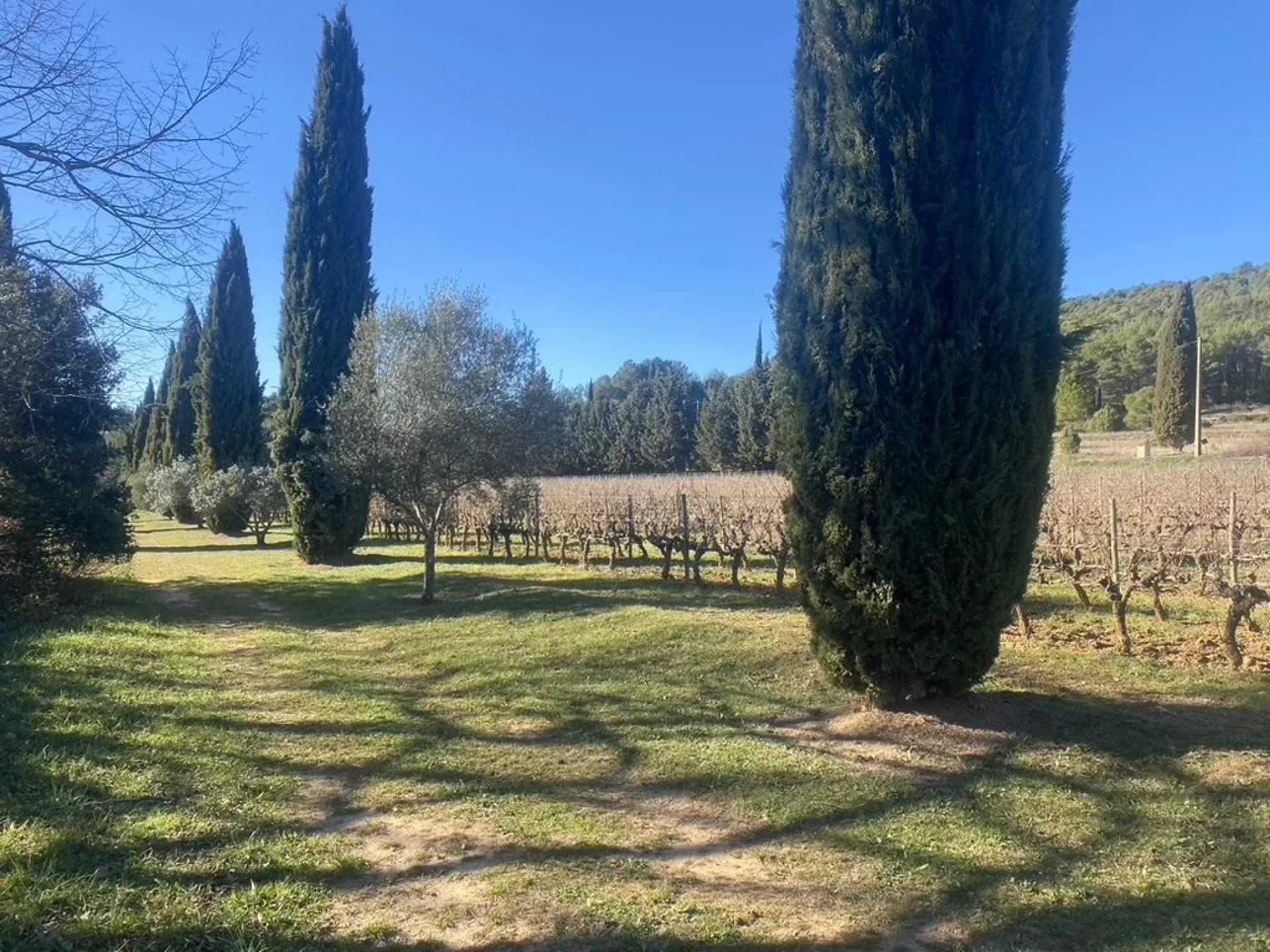The region of Provence is renowned for its picturesque landscapes and excellent wines. The sale of wine estates is experiencing strong demand, attracting both passionate investors and newcomers wishing to enter this prestigious field. Navigating the world of wine châteaux and vineyards requires a deep understanding of the sector, particularly in the southeast of France.
The Richness of Provençal Terroirs
The lands of Provence, located at the heart of the Provence-Alpes-Côte d'Azur region, offer an unmatched diversity of terroirs. Each wine estate has its own story and range of grape varieties. This variety allows buyers to discover unique structures, all imbued with the local spirit. The geographical and climatic characteristics greatly contribute to the exceptional quality of the wines produced here.
Investing in a wine estate in Provence means acquiring much more than just a property. It is primarily an immersion into a rich and historic culture. Estates are often passed down from generation to generation, and their sale represents a rare opportunity to partake in this heritage. Potential buyers must therefore be ready to respect this tradition while modernizing viticultural practices to compete in the global market.
Key Areas of Wine Production in Provence
In Provence, certain areas stand out particularly for their wine production. The Var, for example, perfectly aligns with the production of fine wines, with its Mediterranean climate providing ideal conditions for the vine. Here, the combination of abundant sunshine and sea breezes helps develop unique aromas, making every hectare a profitable investment.
The revival of small vineyards also plays a role in the growing appeal of this region. Many small producers have managed to breathe new life into their ancestral lands, inviting both connoisseurs and novices to enter this fascinating world. For those who wish to actively participate in the winemaking process, these more modest operations provide a human and accessible dimension to the wine experience.
Buying a Wine Estate: Essential Steps
Buying a wine property in Provence requires several important considerations. It is a significant investment that demands preparation and knowledge. By collaborating with local experts, such as Michaël Zingraf Vineyards, buyers can benefit from valuable guidance to identify opportunities that meet their expectations and budget.
An analysis of the land's potential as well as the existing infrastructure is crucial. It is necessary to assess the age of the vines, the possibilities for renovating buildings, and the available equipment. These elements largely determine the expected return on investment. Collaborating with oenologists and agronomists can provide detailed insights into the expected yield of each parcel.
Authentically Considering Needs and Goals
Before embarking on active searching, clarifying personal motivations remains essential. Some interested parties seek purely commercial opportunity while others wish to realize a life dream in harmony with nature. The choice of property type, management style, and marketing strategy becomes clearer once these preferences are defined.
Pragmatically, establishing a solid financial plan from the outset prevents future disappointments. Considering all costs related to maintenance, possible improvements, and ongoing operations helps maintain a realistic vision of the project. A preliminary audit can provide invaluable insight into the strengths and weaknesses of the contemplated property.
Contemporary Challenges in Viticulture
Although appealing, wine estates face several modern challenges. Climate change strongly influences the vine's cycles, imposing a continuous adaptation of production strategies. The instability of weather conditions requires the implementation of innovative agricultural techniques to ensure the estate's sustainability.
The evolution of international regulations on winemaking is another unavoidable reality. Those investing in this sector must ensure they stay informed about the latest standards and market trends. Understanding these dynamics fosters the maintenance of a competitive stature that is respectful of emerging ecological standards.
Innovating in the Face of Adversity
Opting for organic or biodynamic cultivation methods not only attracts a new audience but also responds to pressing environmental issues. These approaches help minimize the negative impact of intensive agriculture, thus enhancing the image and commercial appeal of wines produced through such practices. In this context, initial investments often pay off through increased recognition and loyalty from discerning consumers.
Moreover, diversification offers promising solutions to compensate for the inherent uncertainties of single vine cultivation. Ancillary activities like wine tourism or the production of derived products become valuable growth drivers. Integrating these dimensions from the beginning of the acquisition maximizes long-term success chances.
Prices and Accessibility of Wine Estates
The question of price is a crucial variable in the decision to purchase. Values fluctuate enormously depending on location, parcel size, and included facilities. A wine property in Provence ranges from several hundred thousand to several million euros, reflecting the intrinsic disparity of the opportunities offered. With the help of specialists like Michaël Zingraf Vineyards, it is possible to navigate effectively among this variety of options.
For first-time buyers, targeting estates requiring improvements can prove to be a strategic alternative. Not only is the initial investment lower, but it also allows for full customization of the estate according to individual tastes and business projections. However, it is important to carefully weigh each aspect before committing to this route to avoid any disappointments related to significant renovations.
The Timeless Appeal of Great Houses
Some properties, thanks to their established reputation, immediately captivate international interest. These entities often benefit from privileged relationships with high-end distributors, thus facilitating access to global markets for products made on-site. Investing in such structures presents an unmissable opportunity to integrate well-oiled circuits where a constant concern for excellence prevails.
Finally, the potential for enhancement offers another interesting angle of approach. Rehabilitating certain underutilized areas contributes not only to revitalizing the immediate profitability of the site but also mechanically amplifies its overall real estate value. Surrounding oneself with competent teams ensures the effective implementation of these projects while capitalizing on the aesthetic emotion inseparable from these iconic places.
The desire to own a wine estate in Provence combines passion and economic savvy in a quest that is both stimulating and rewarding. Whatever your motivation, exploring the riches of this region rich in wine traditions will surely strengthen your aspirations to create a sustainable heritage capable of charming palates around the world.
